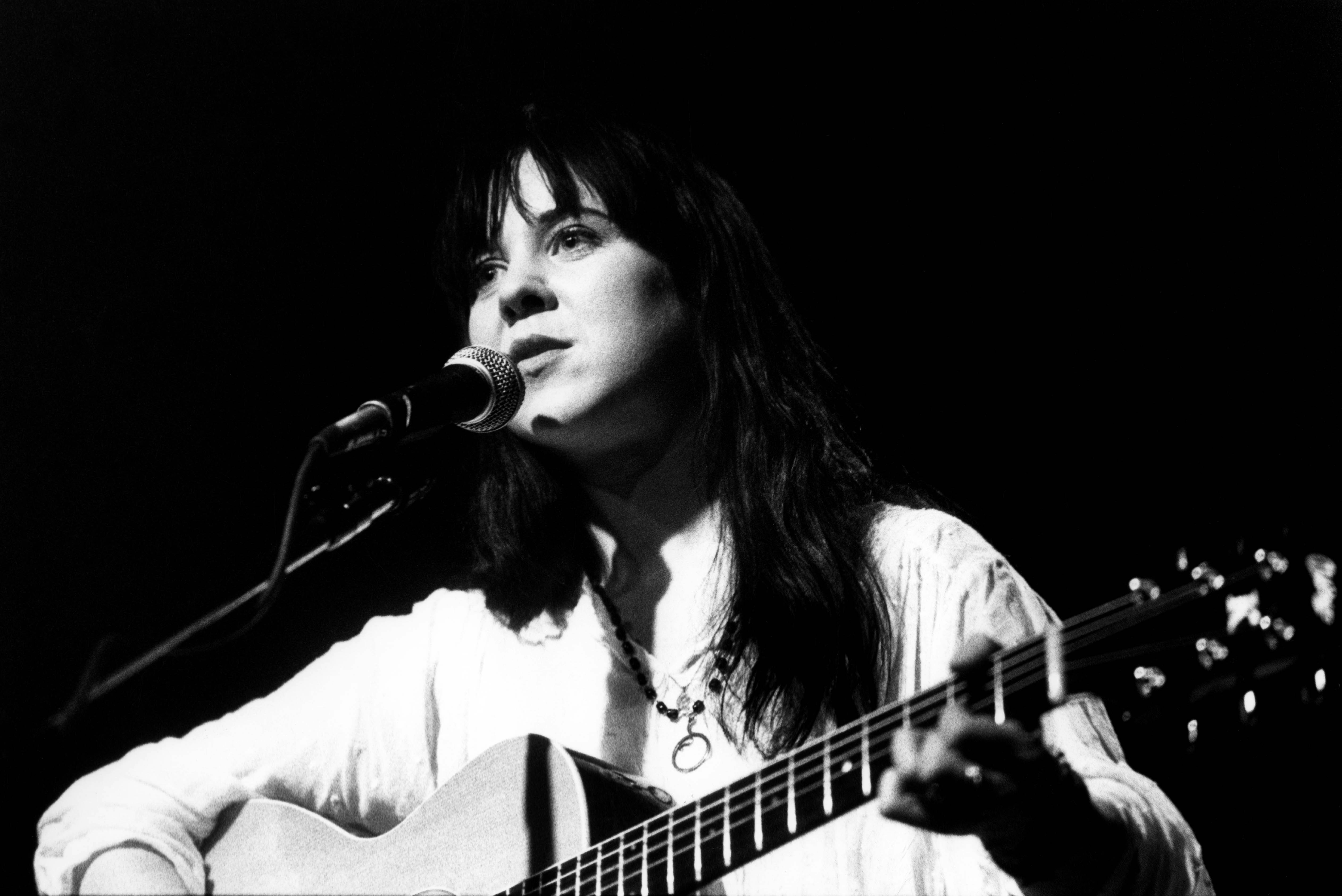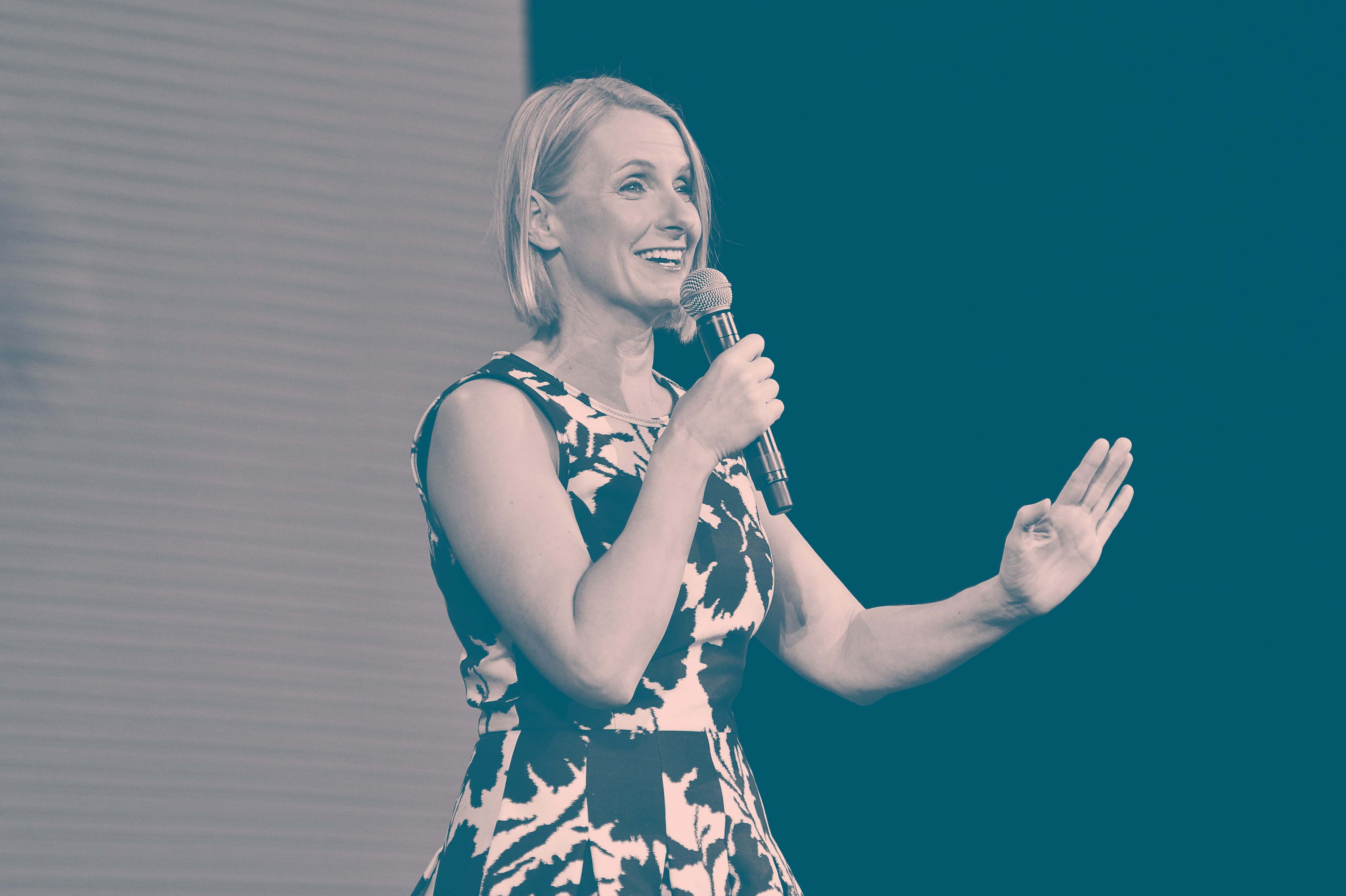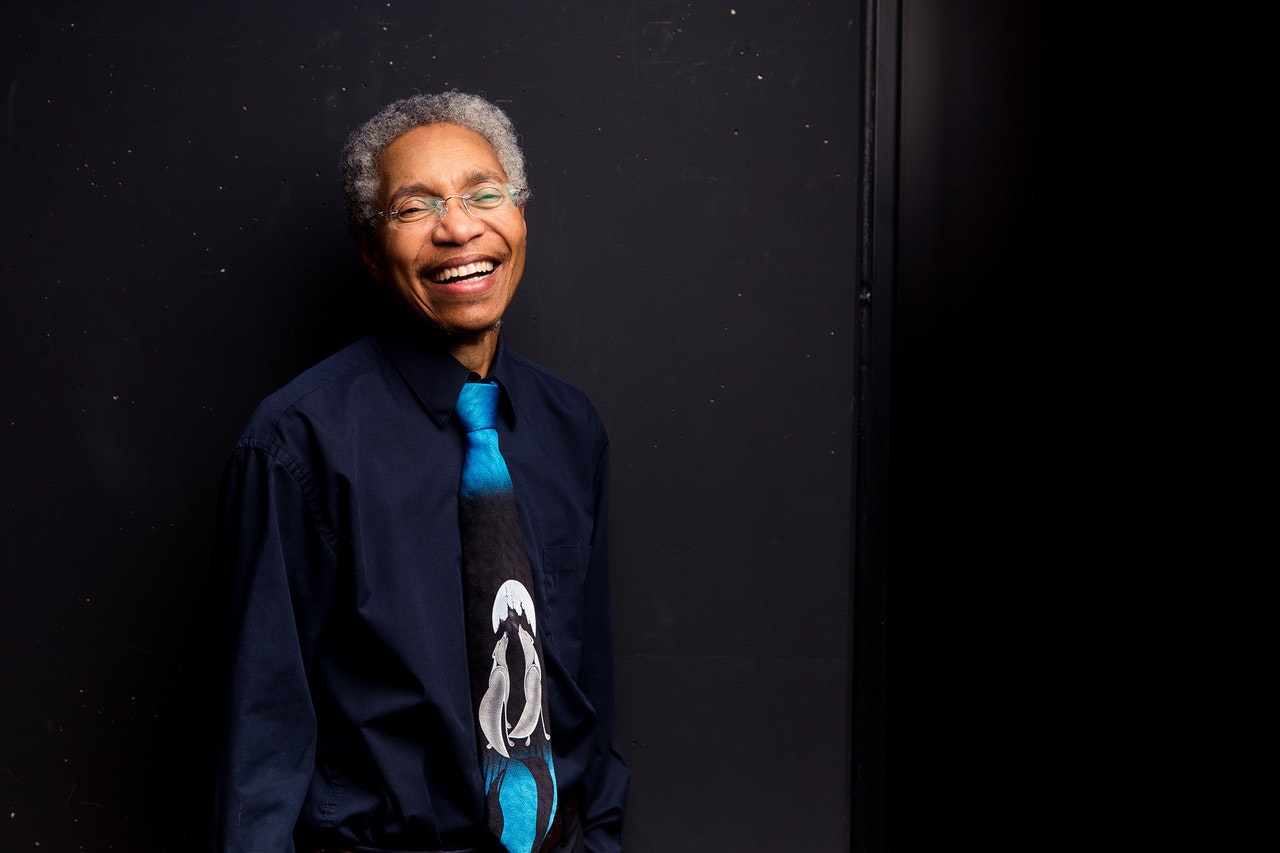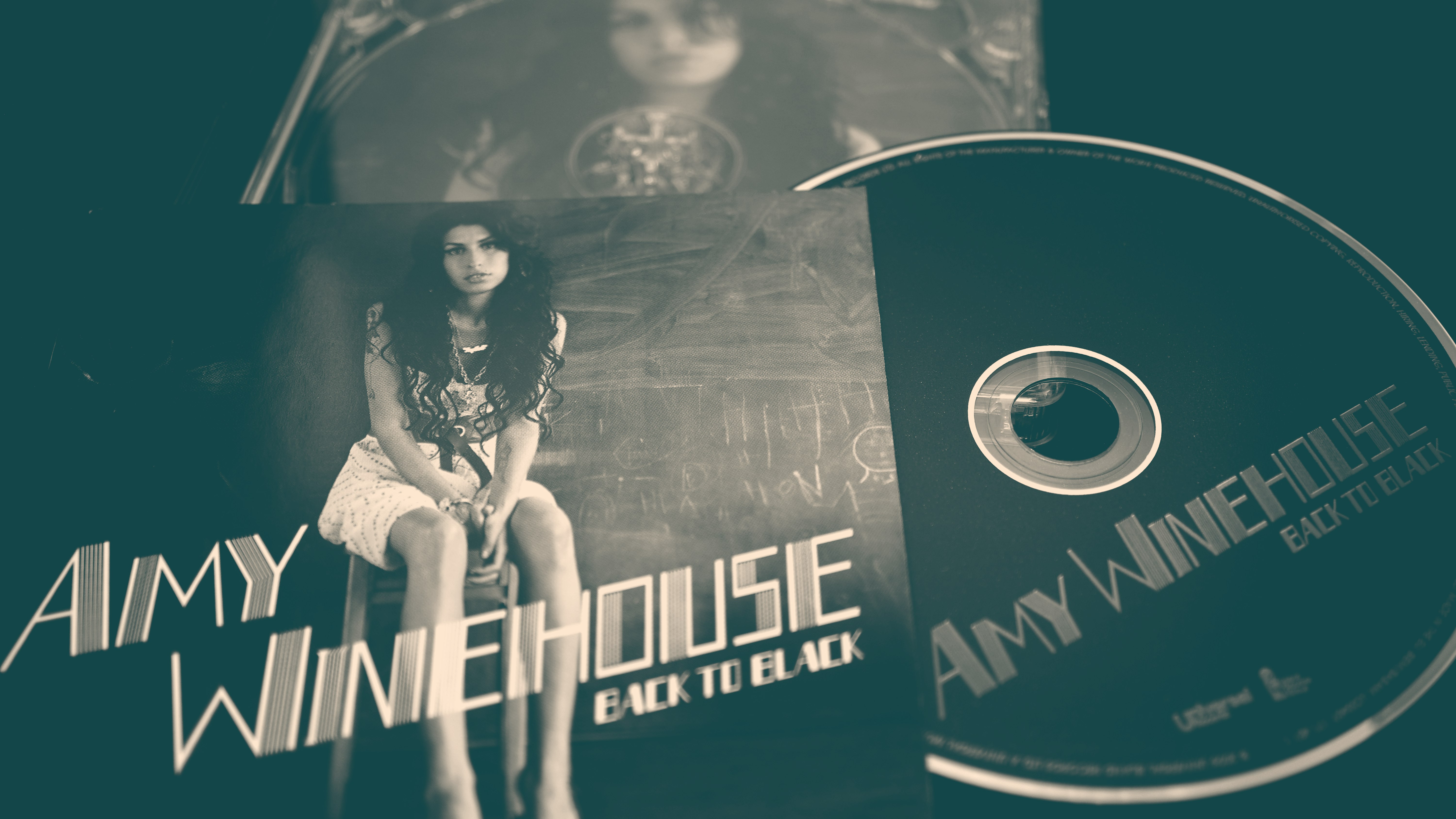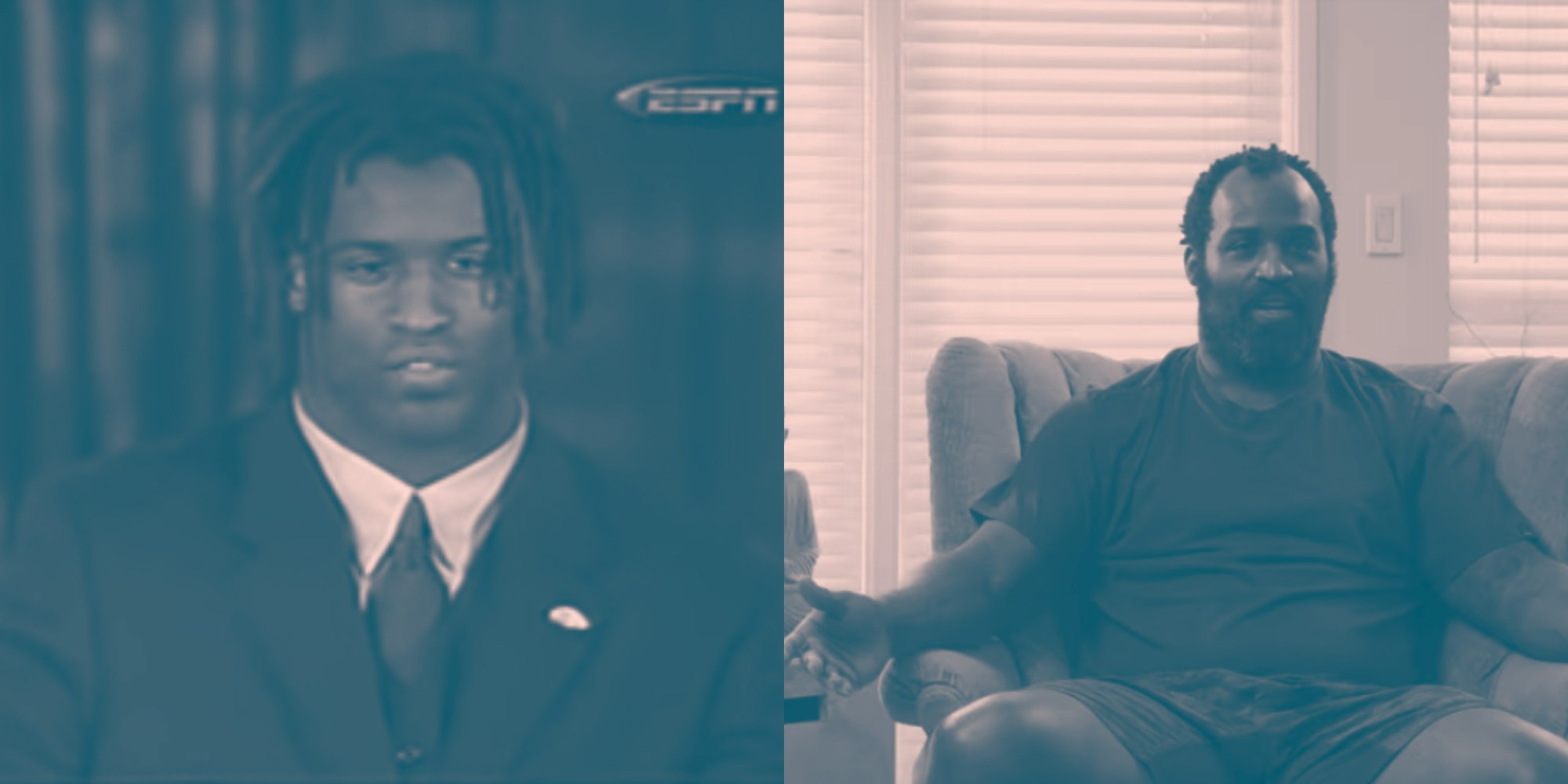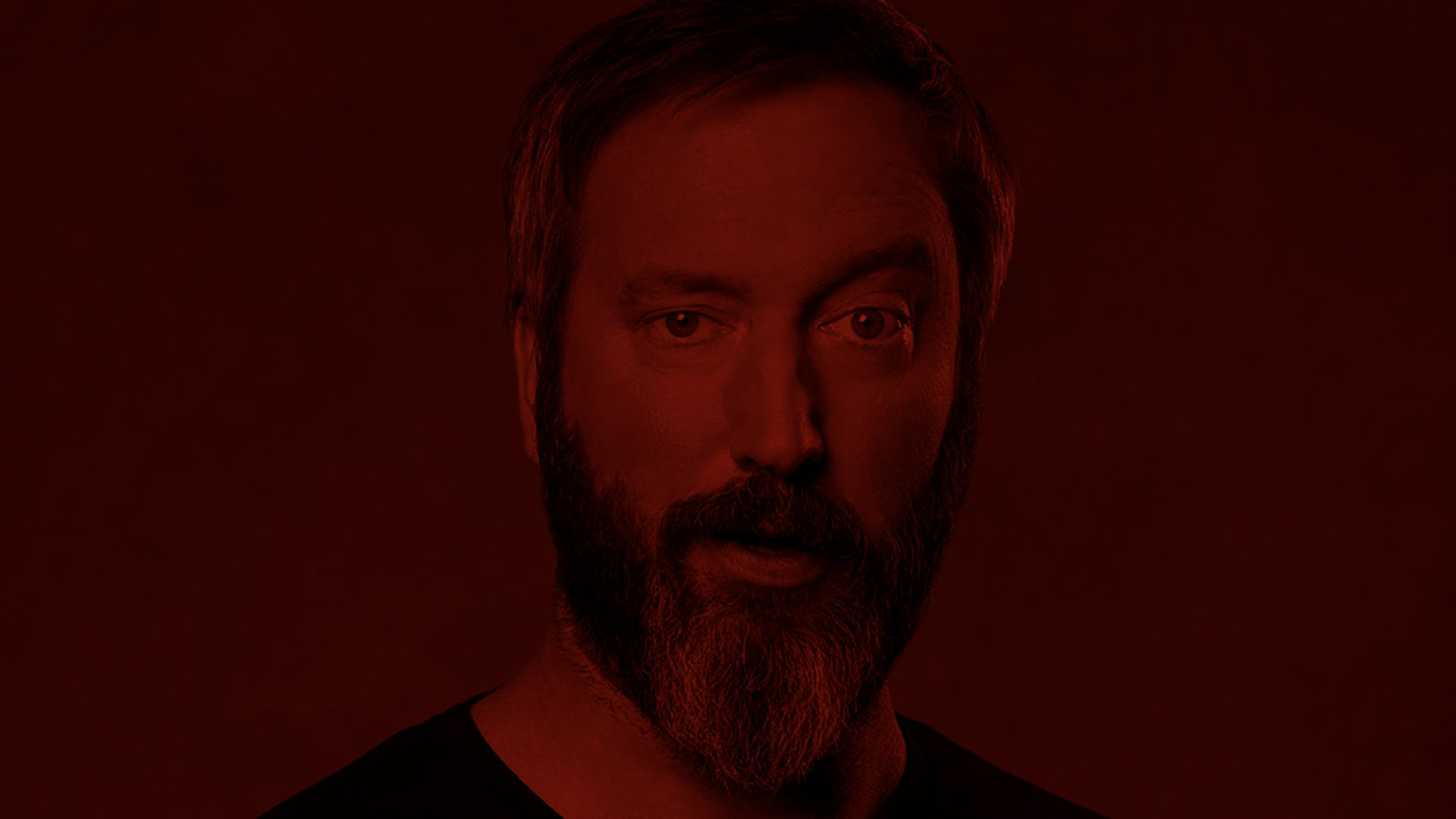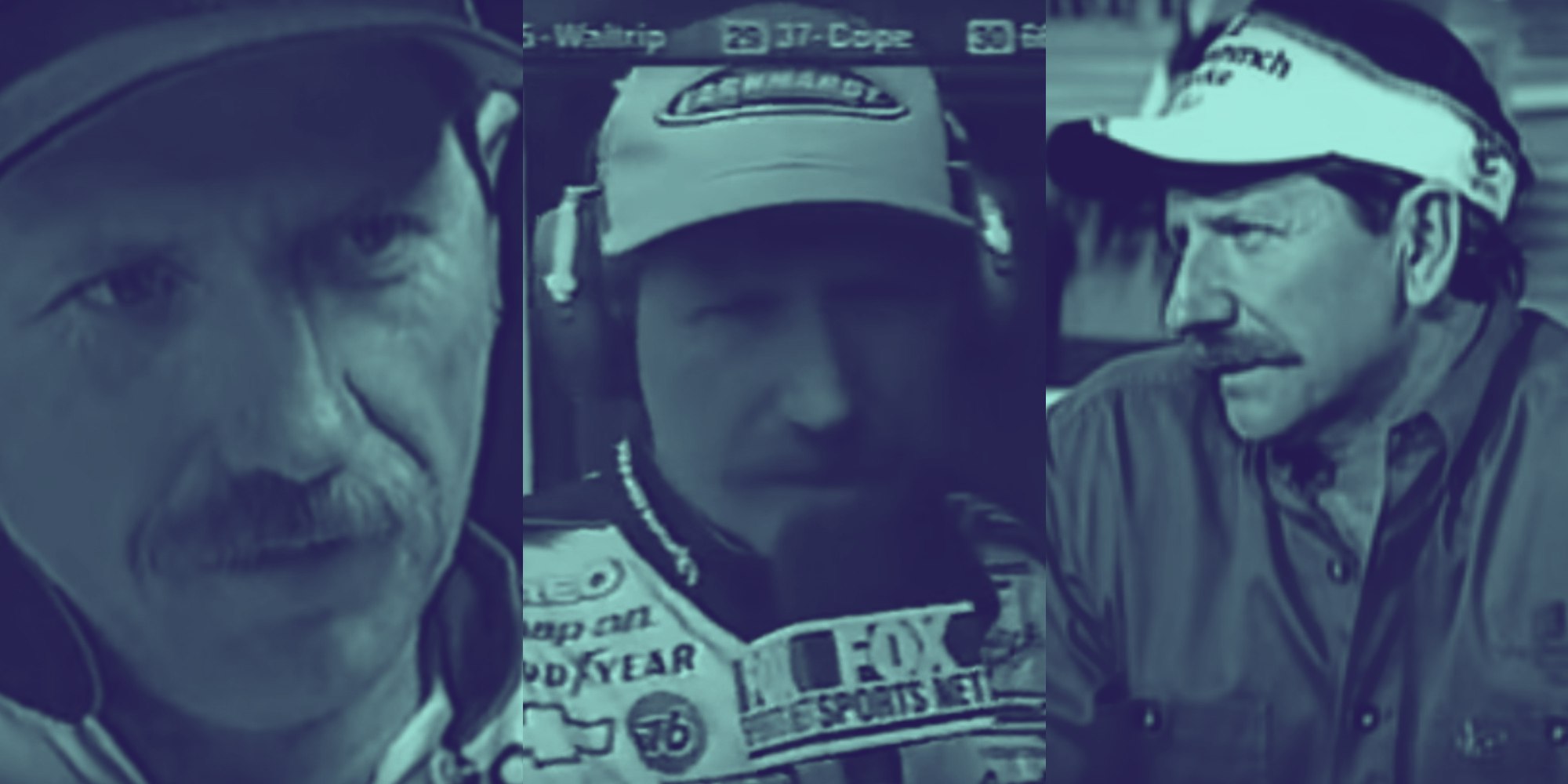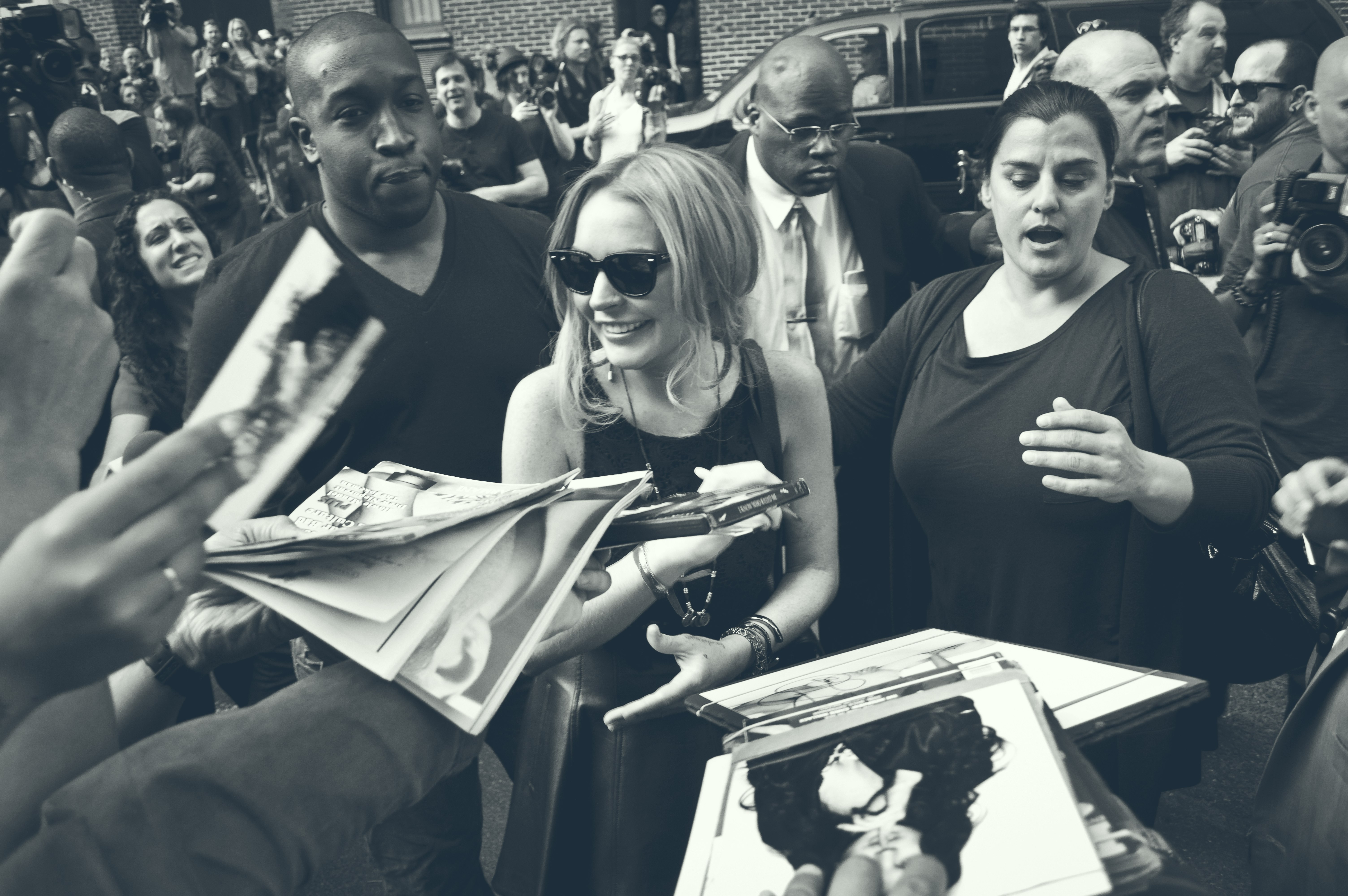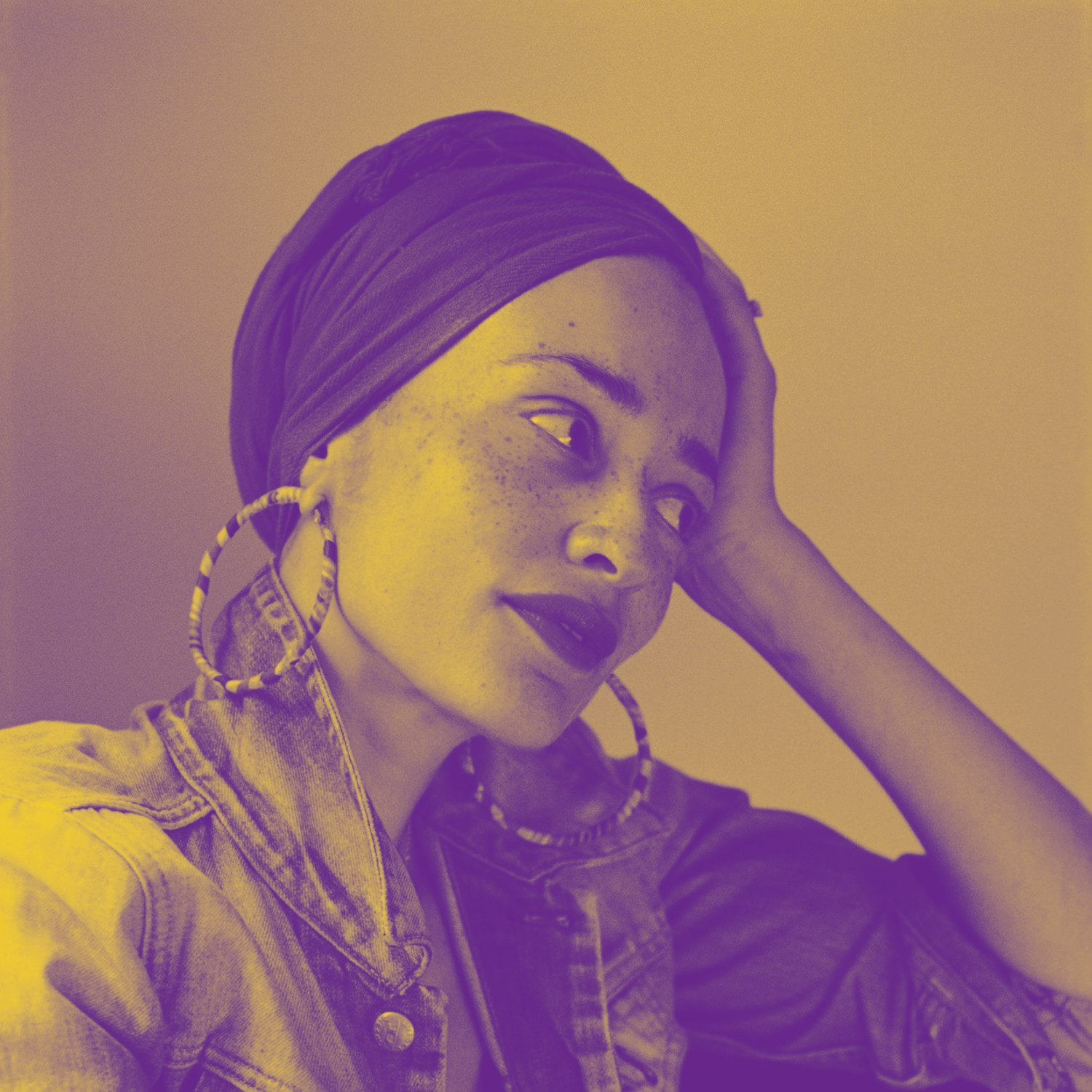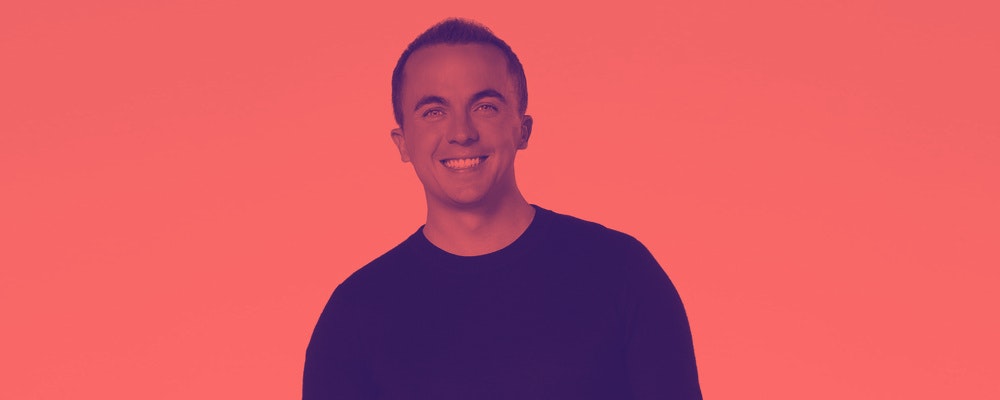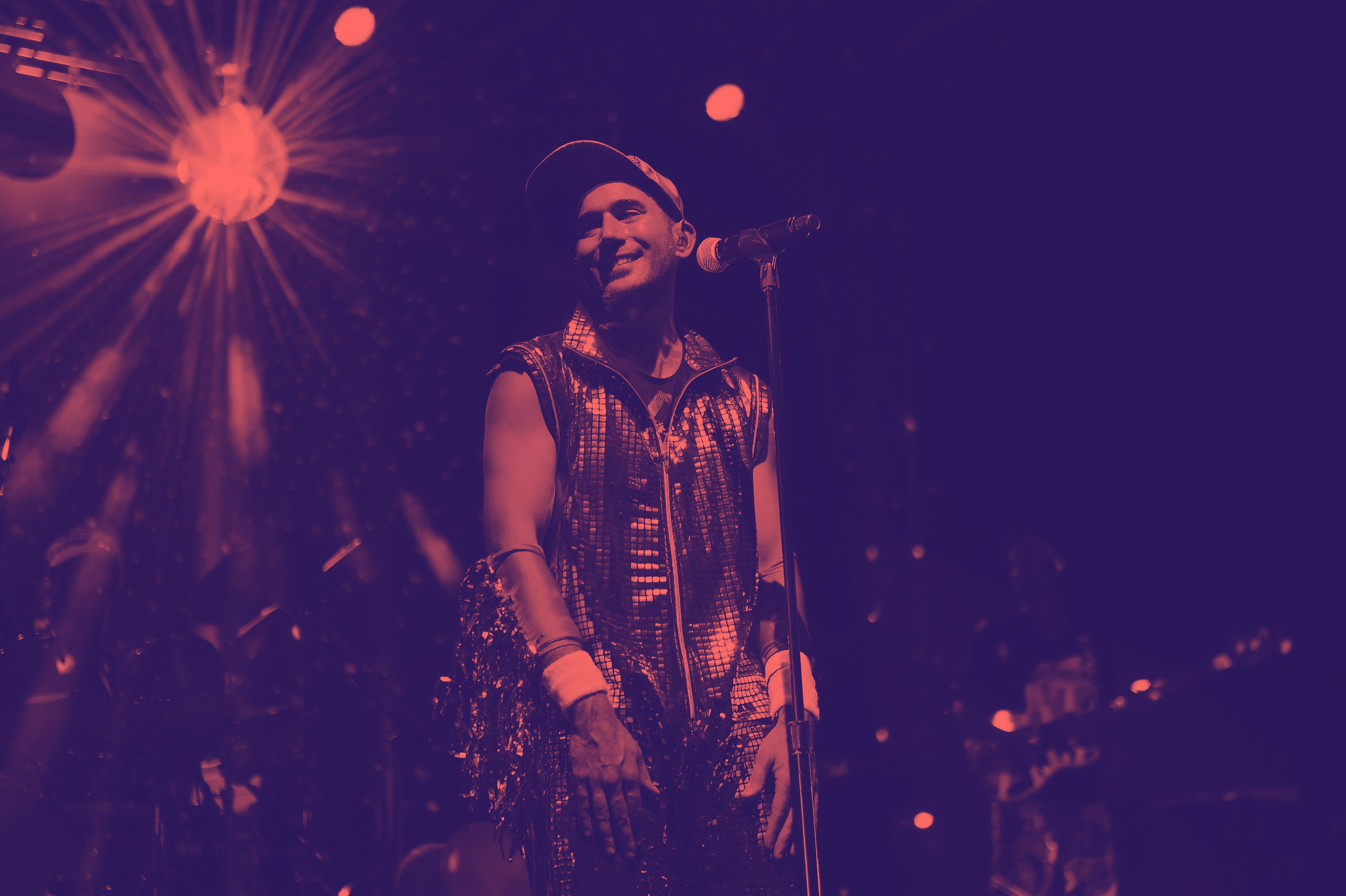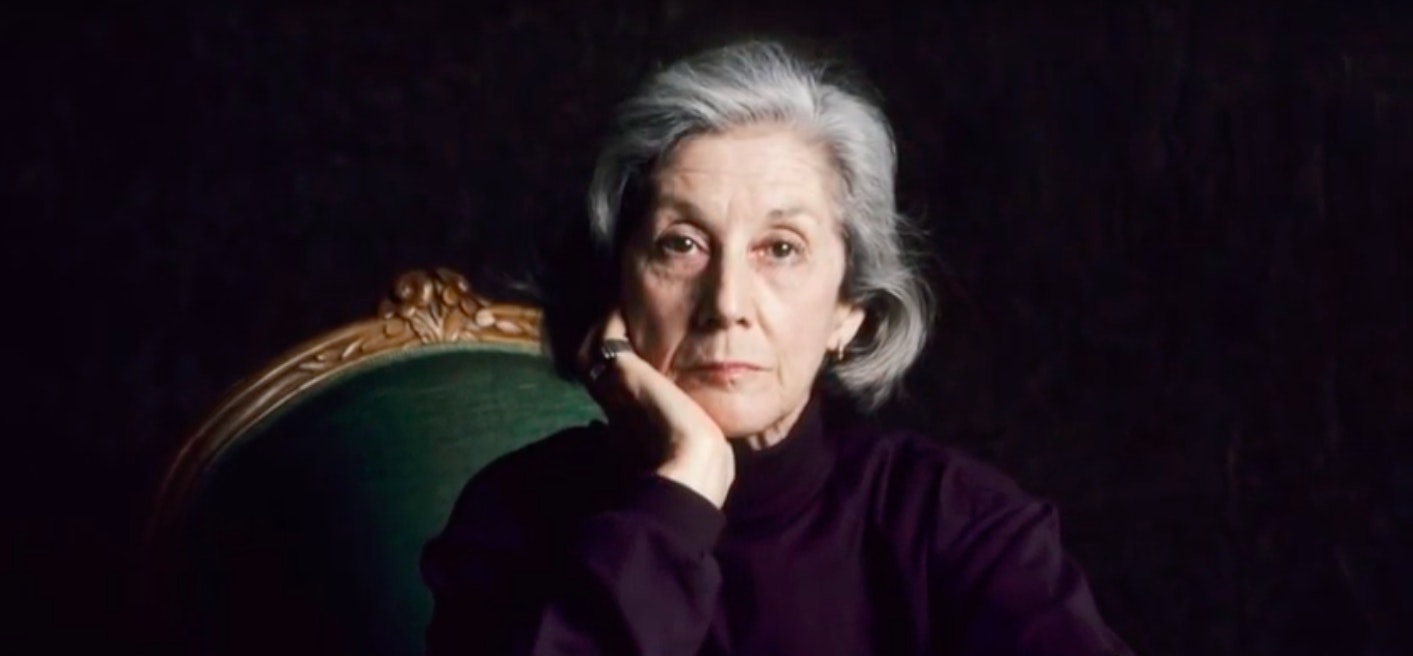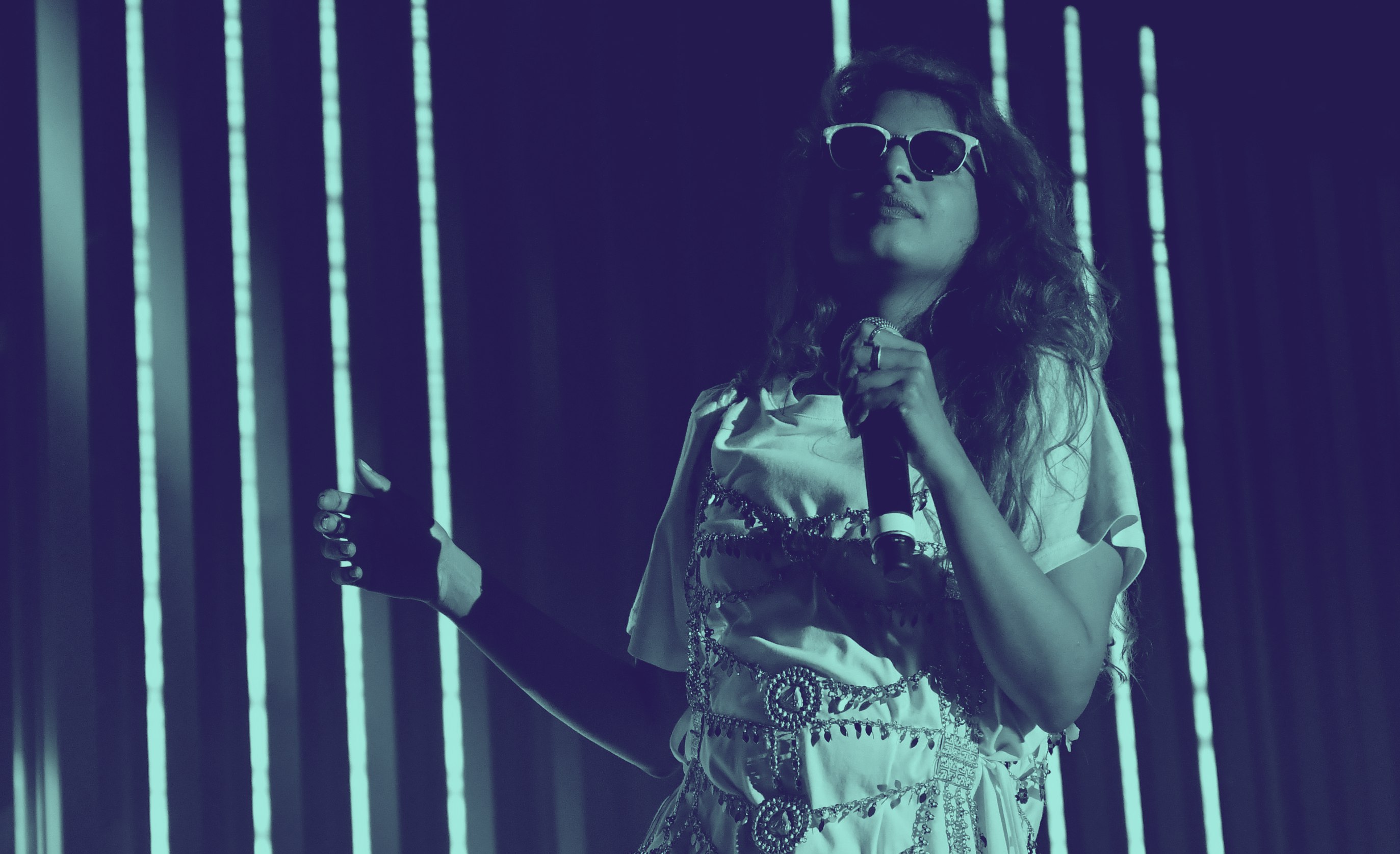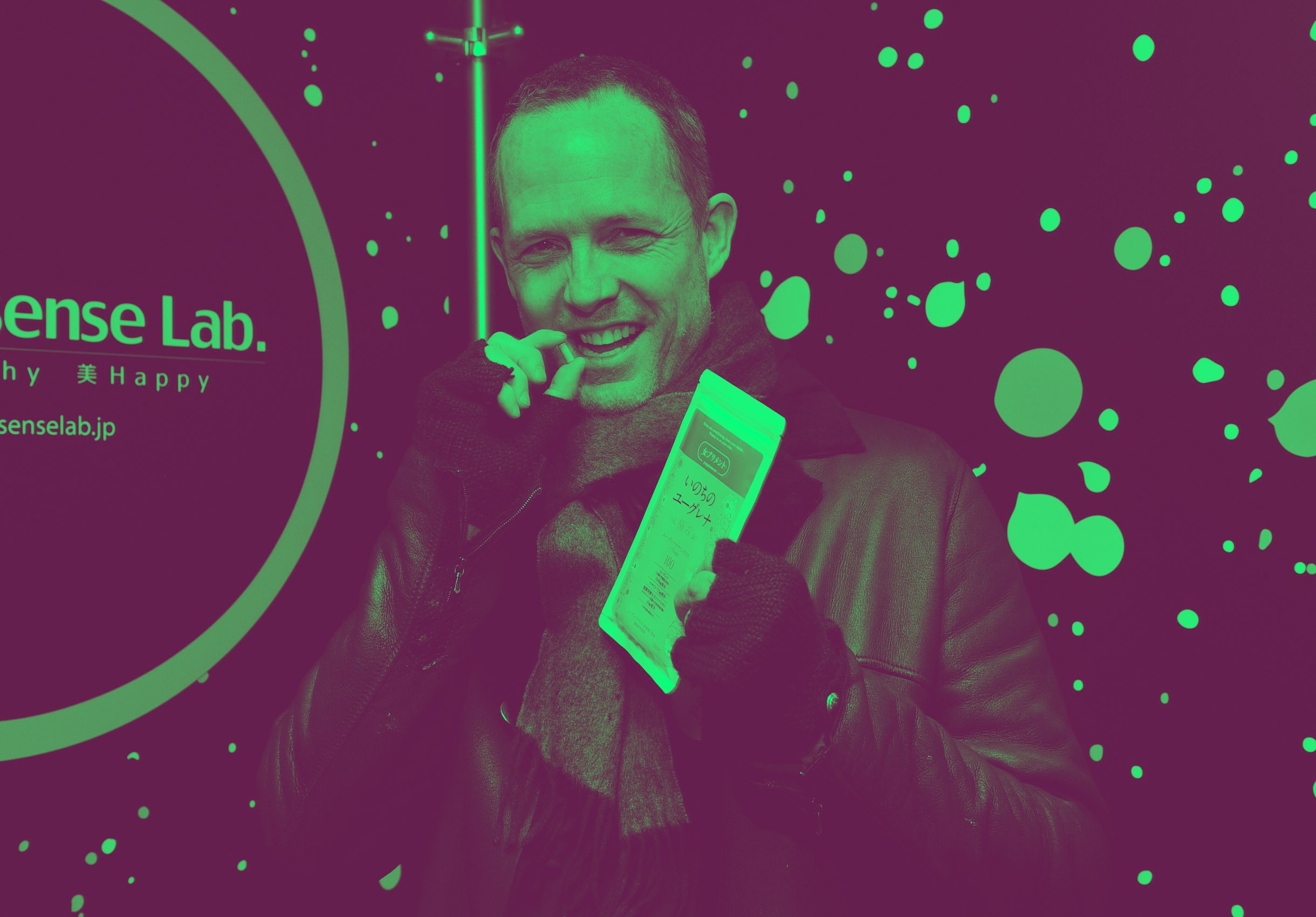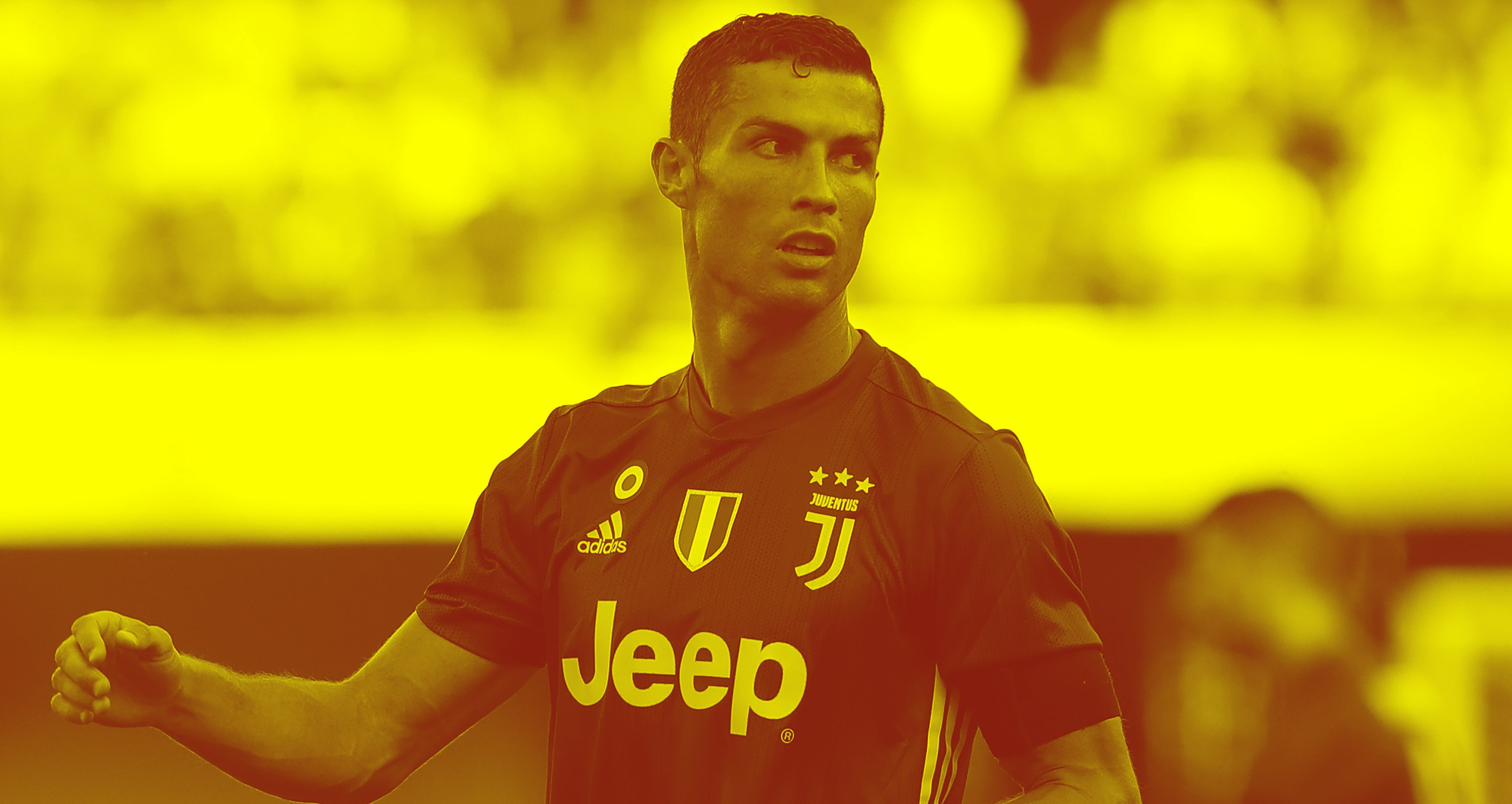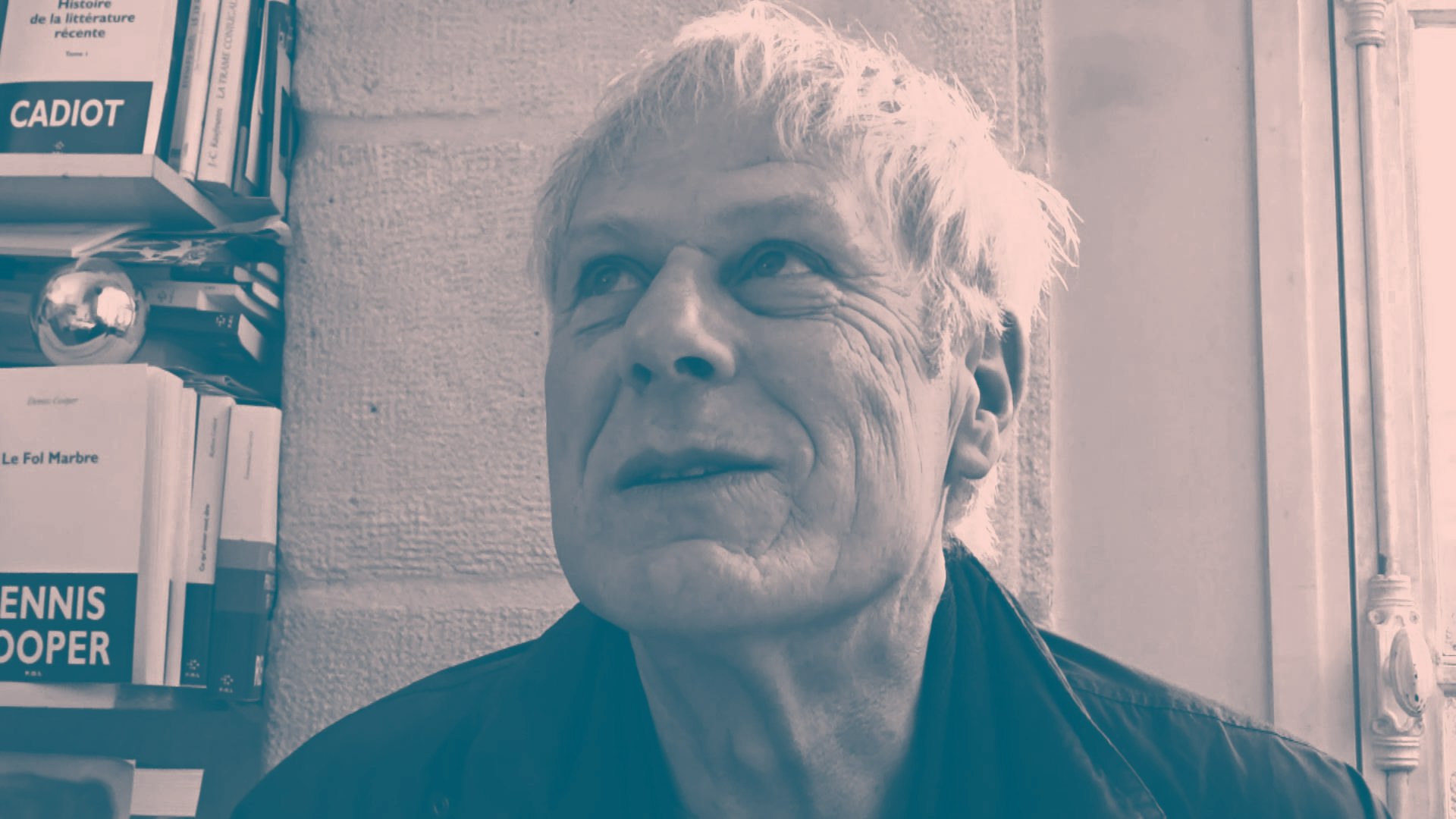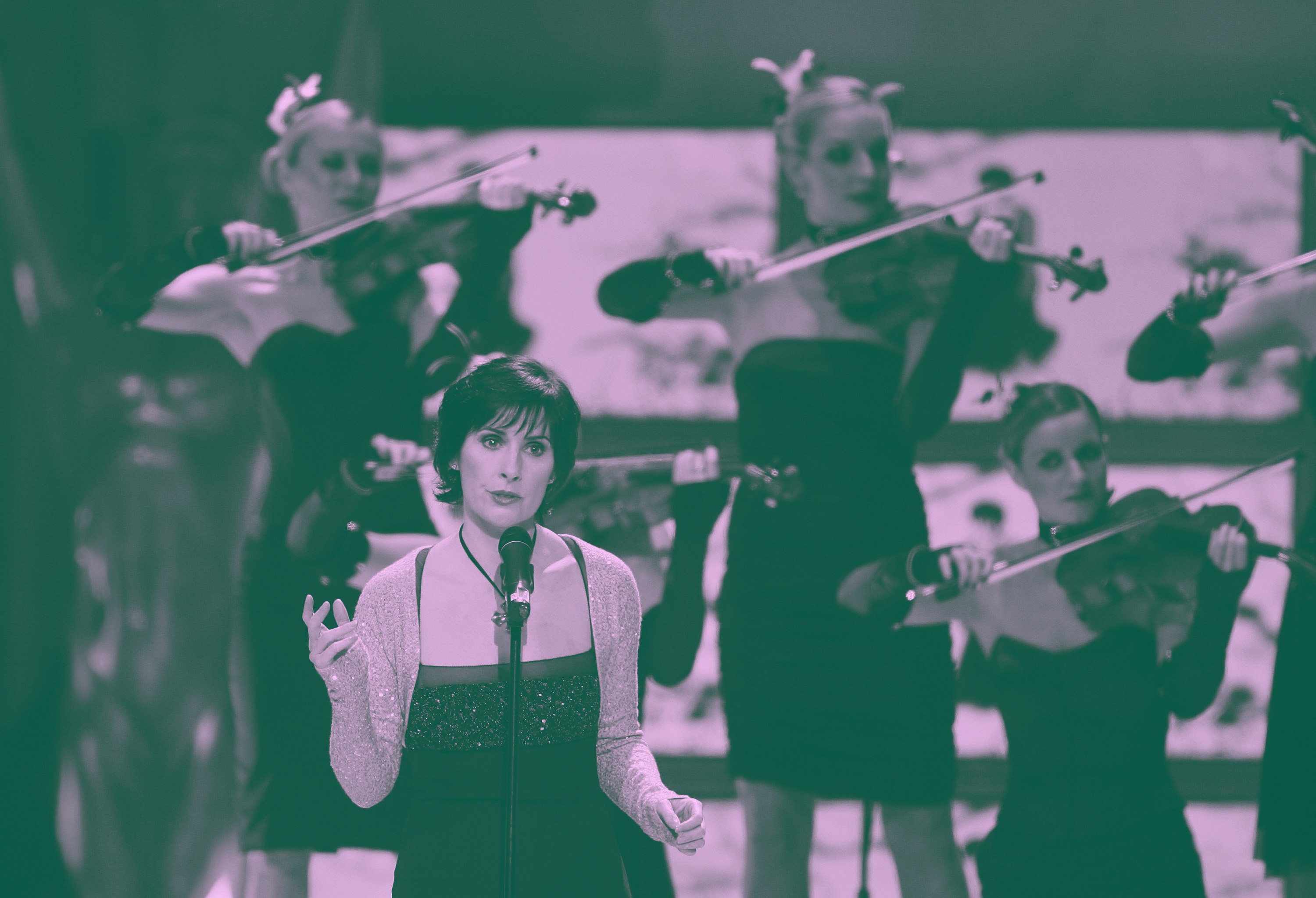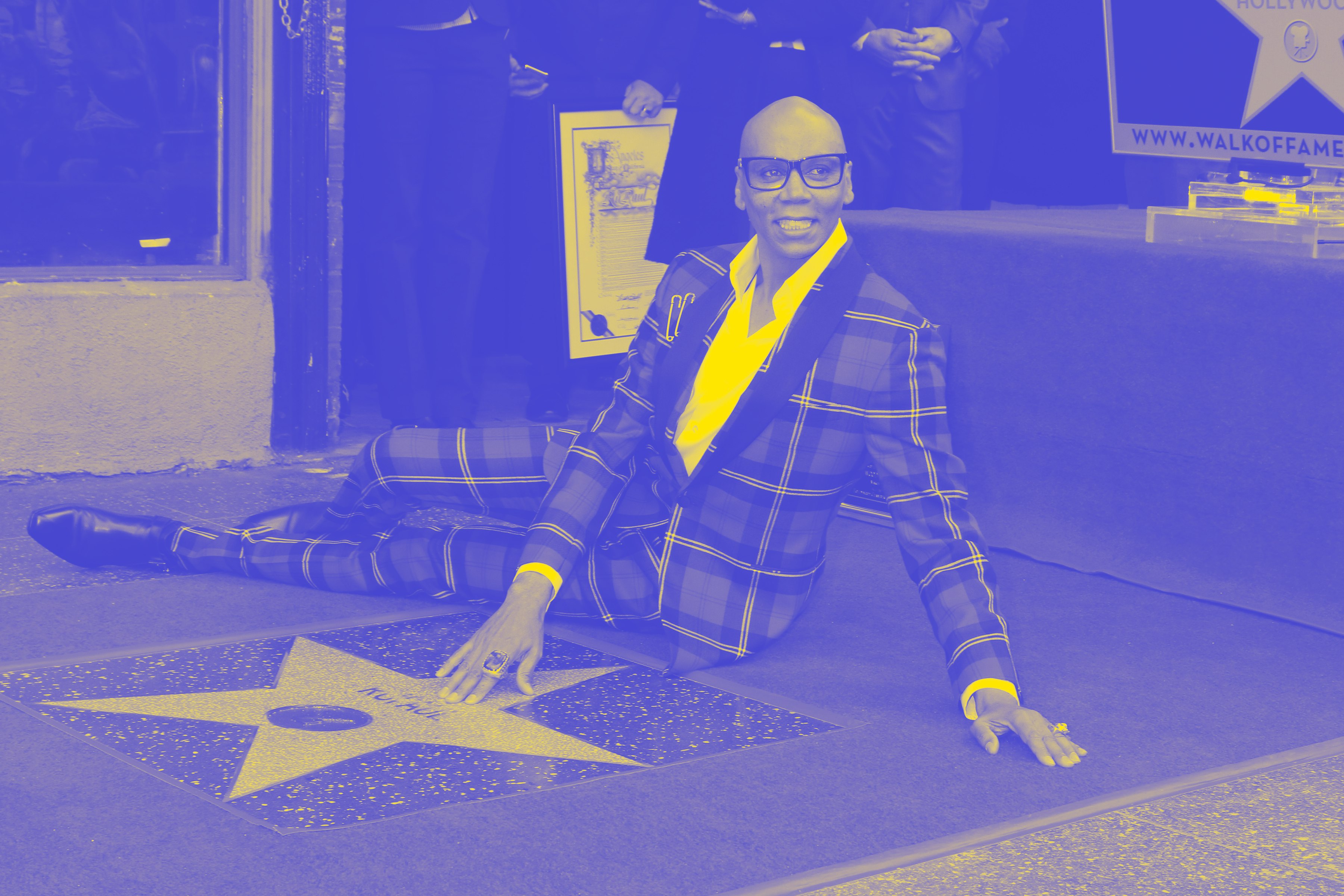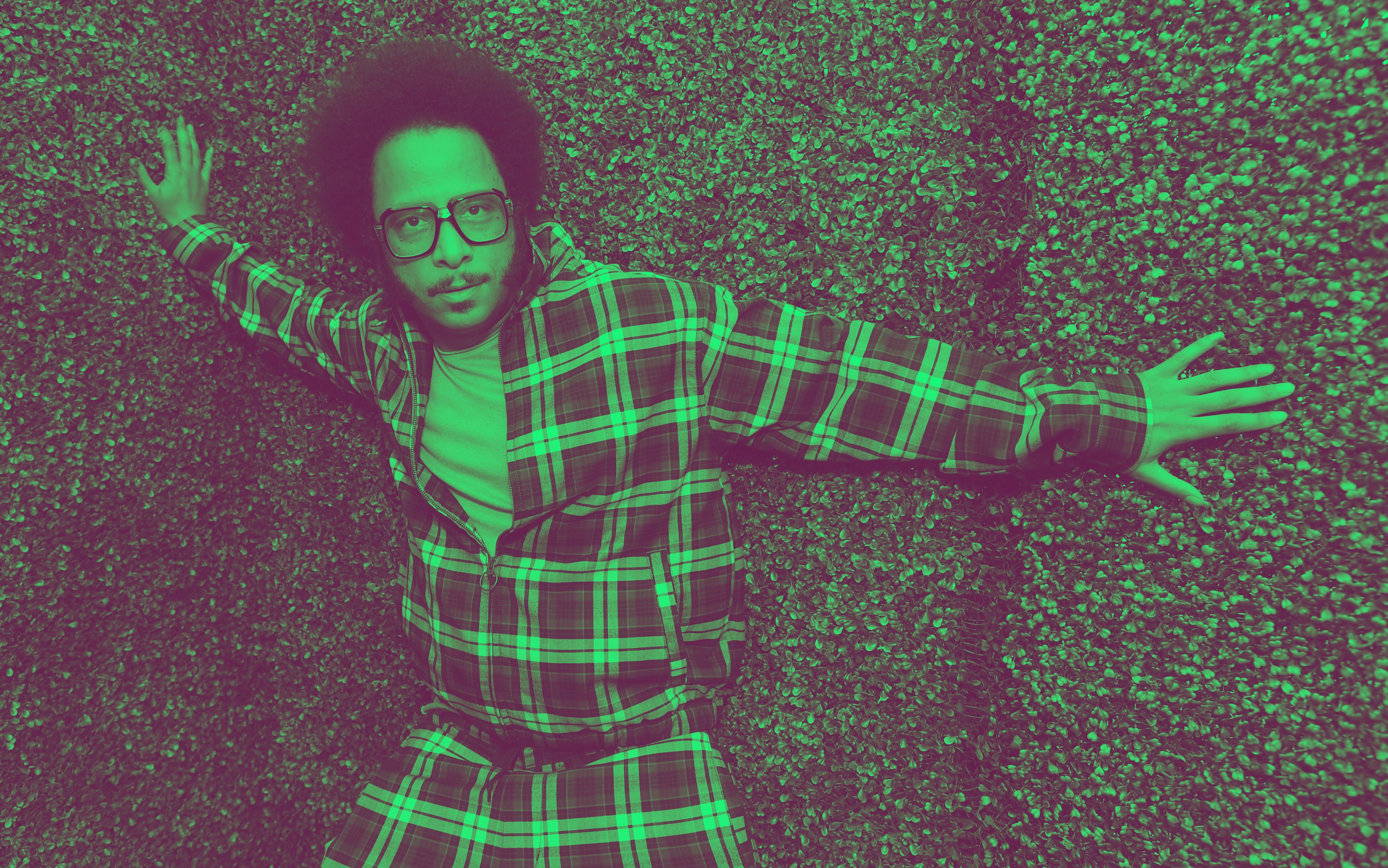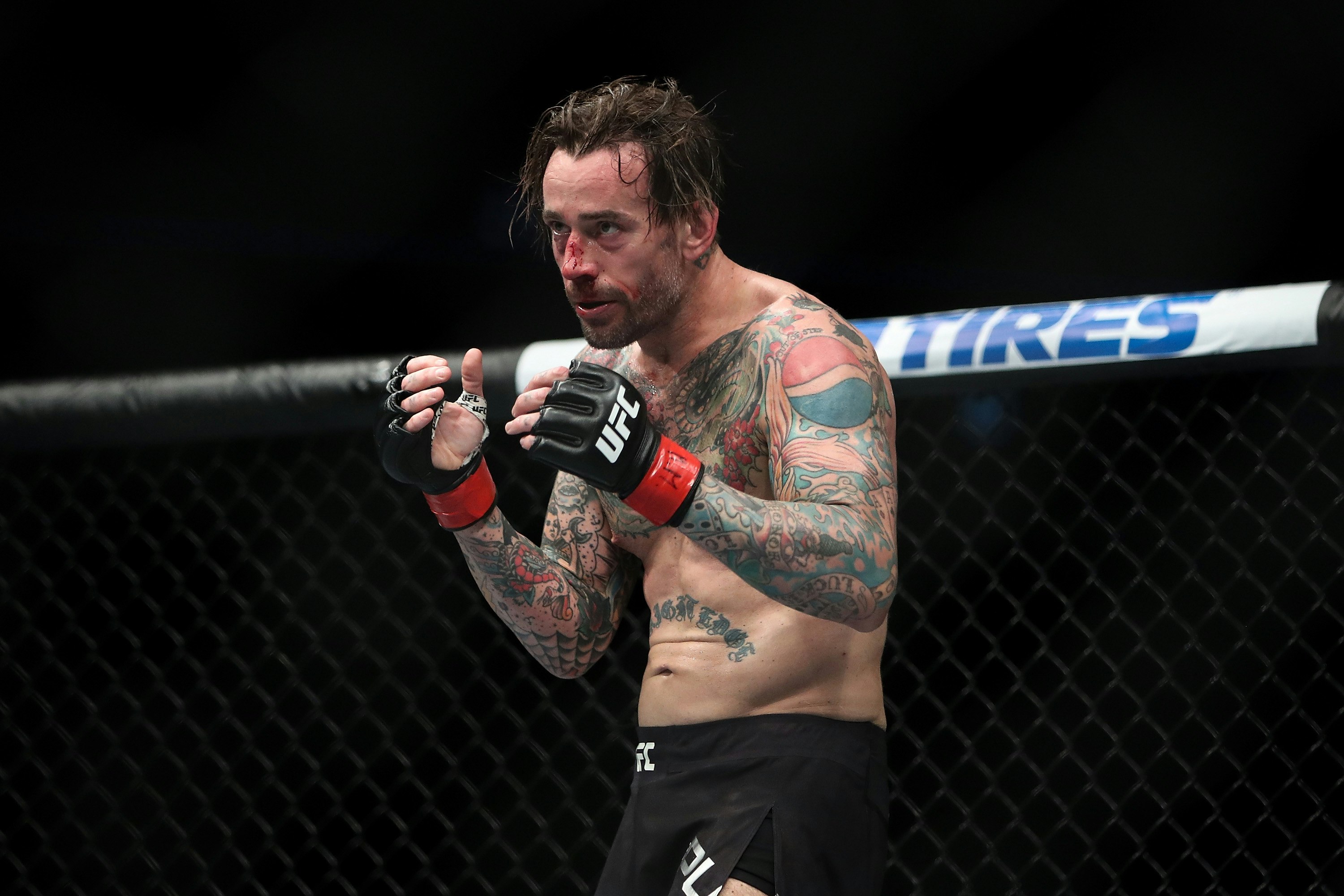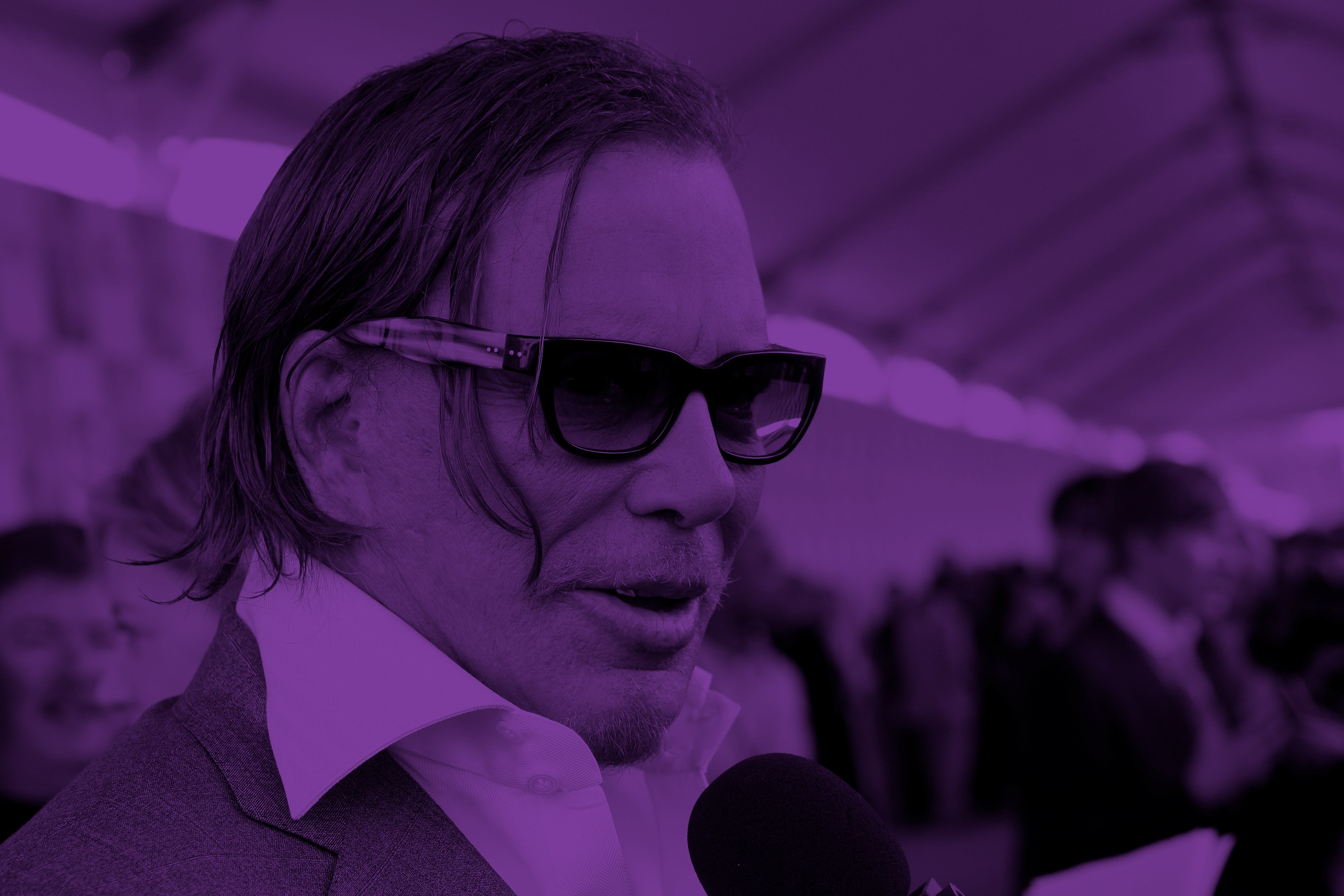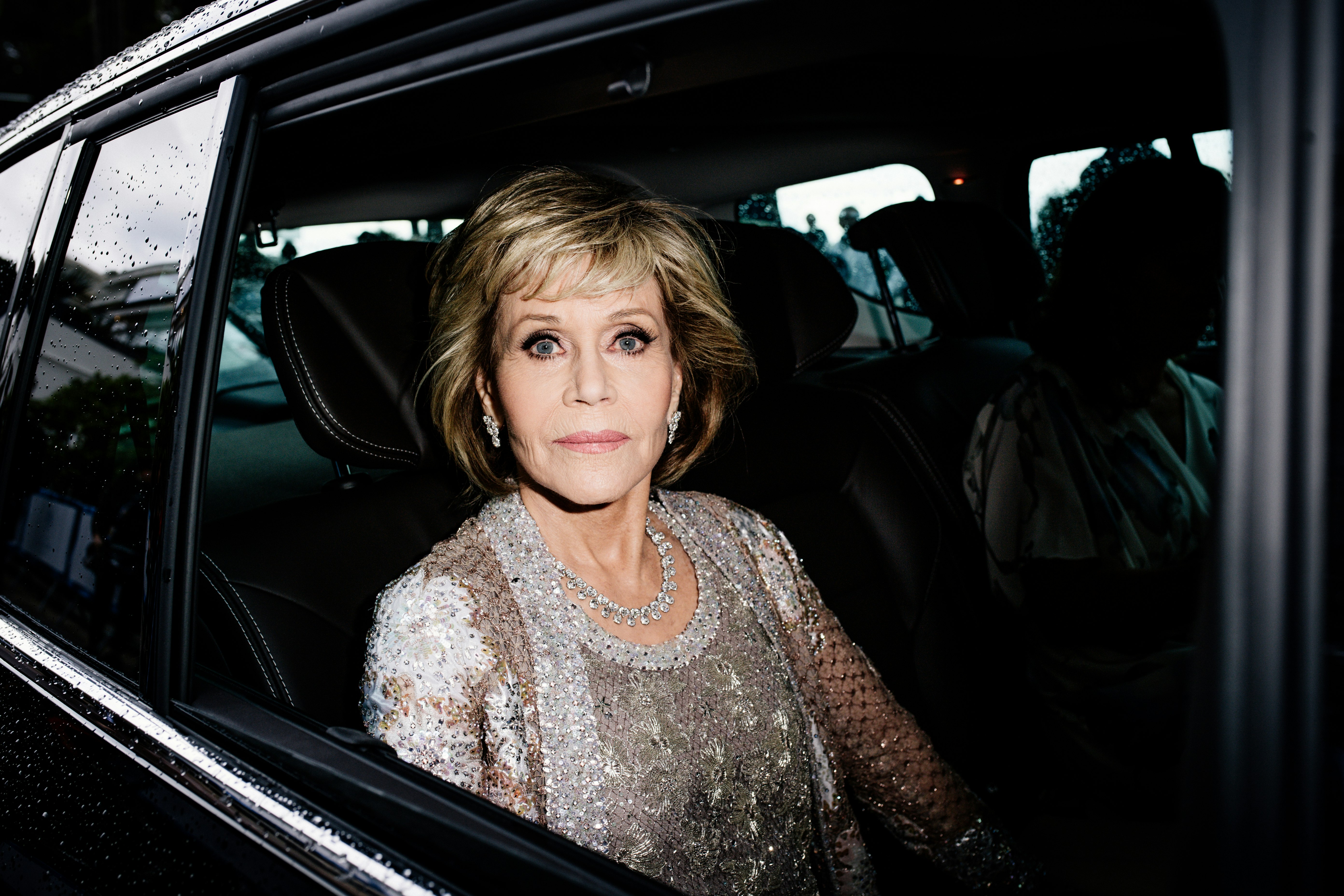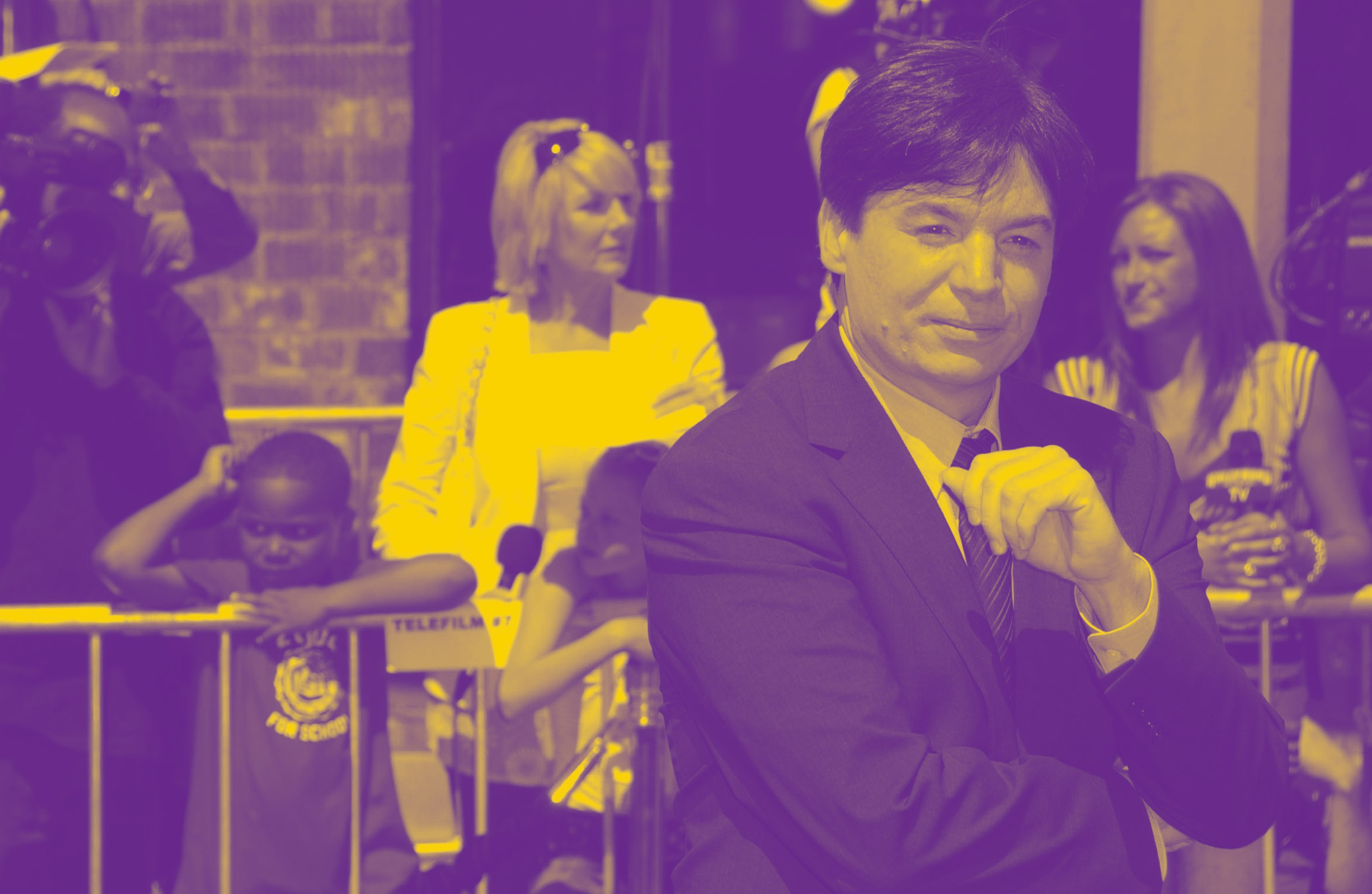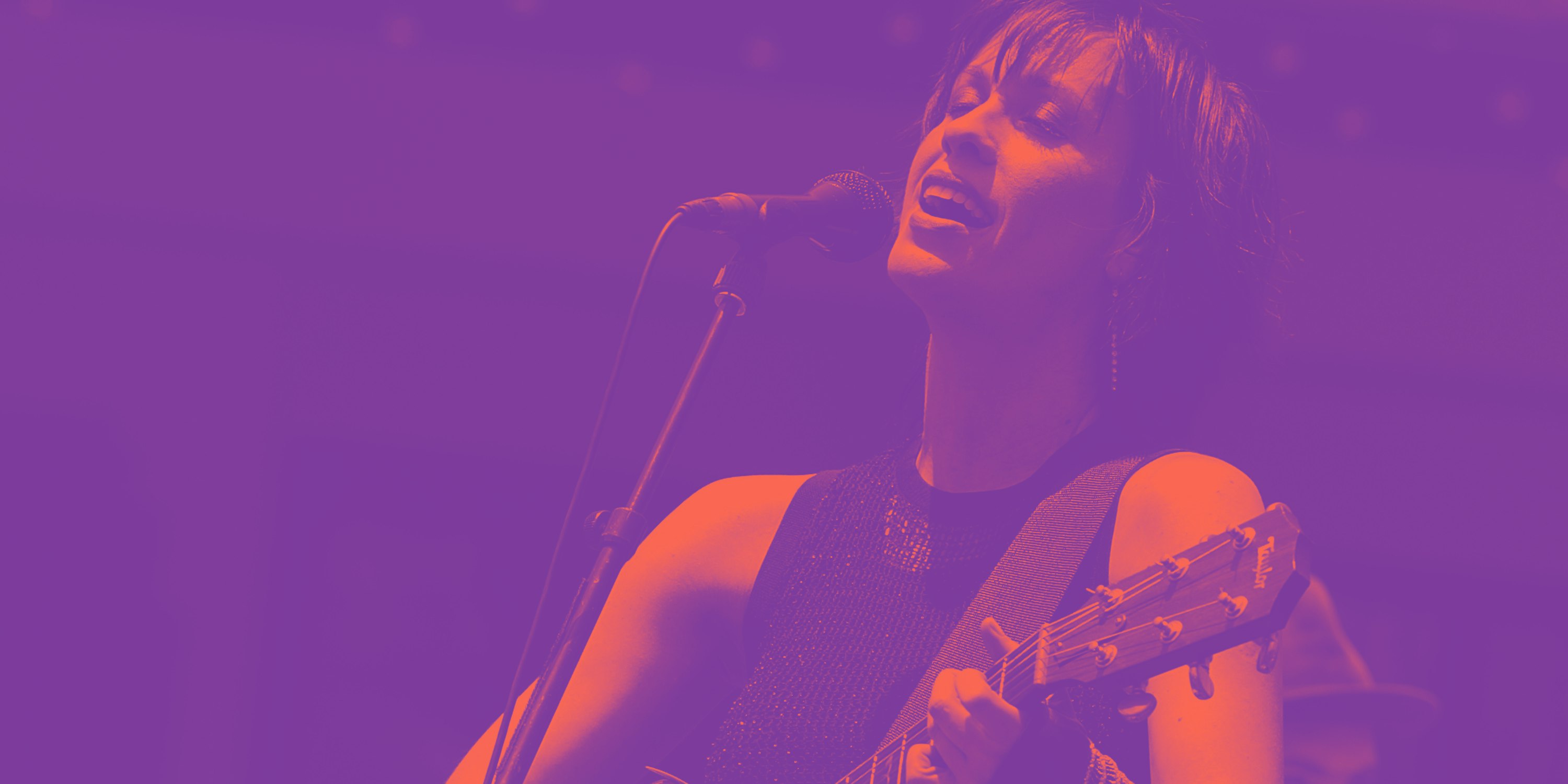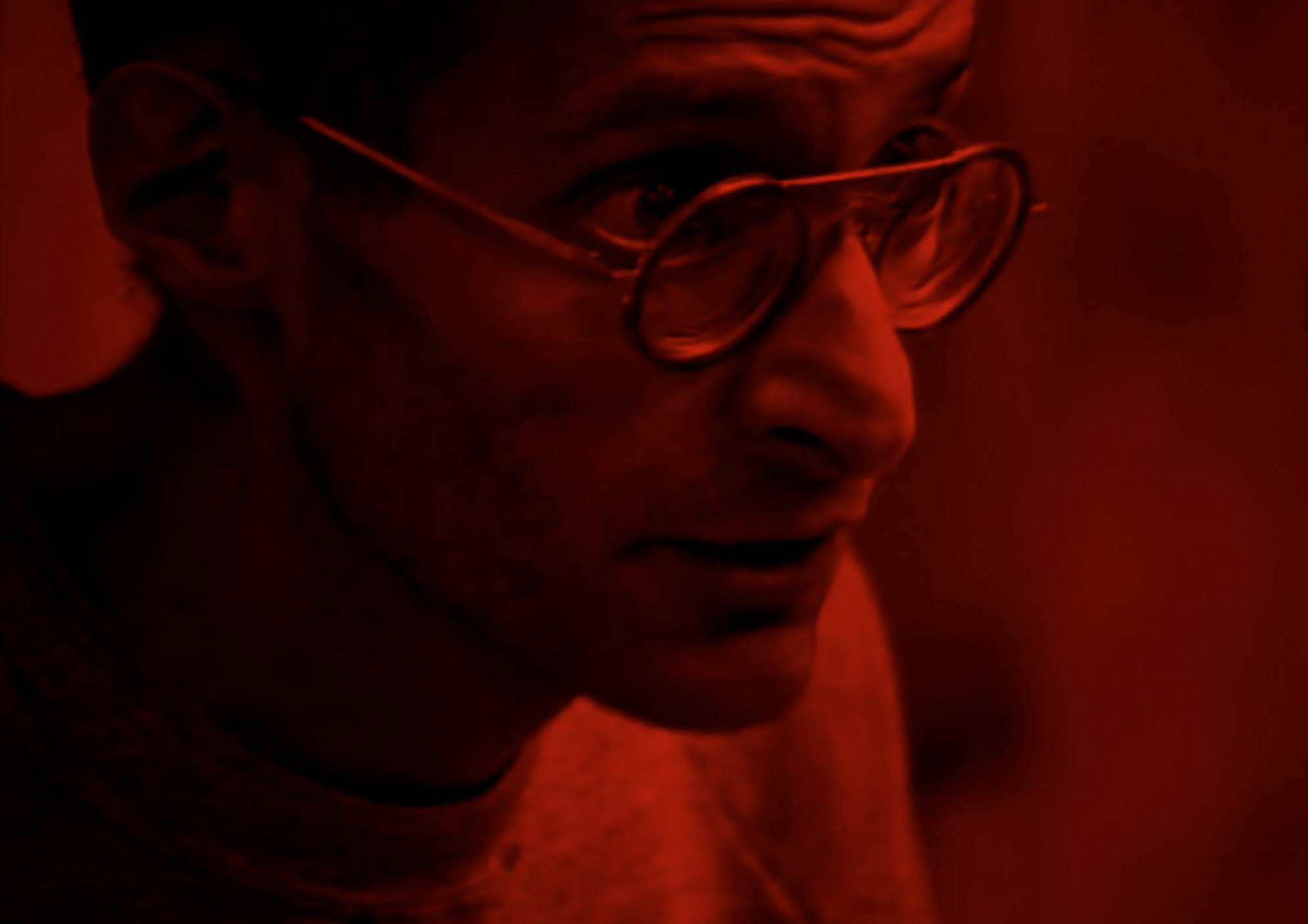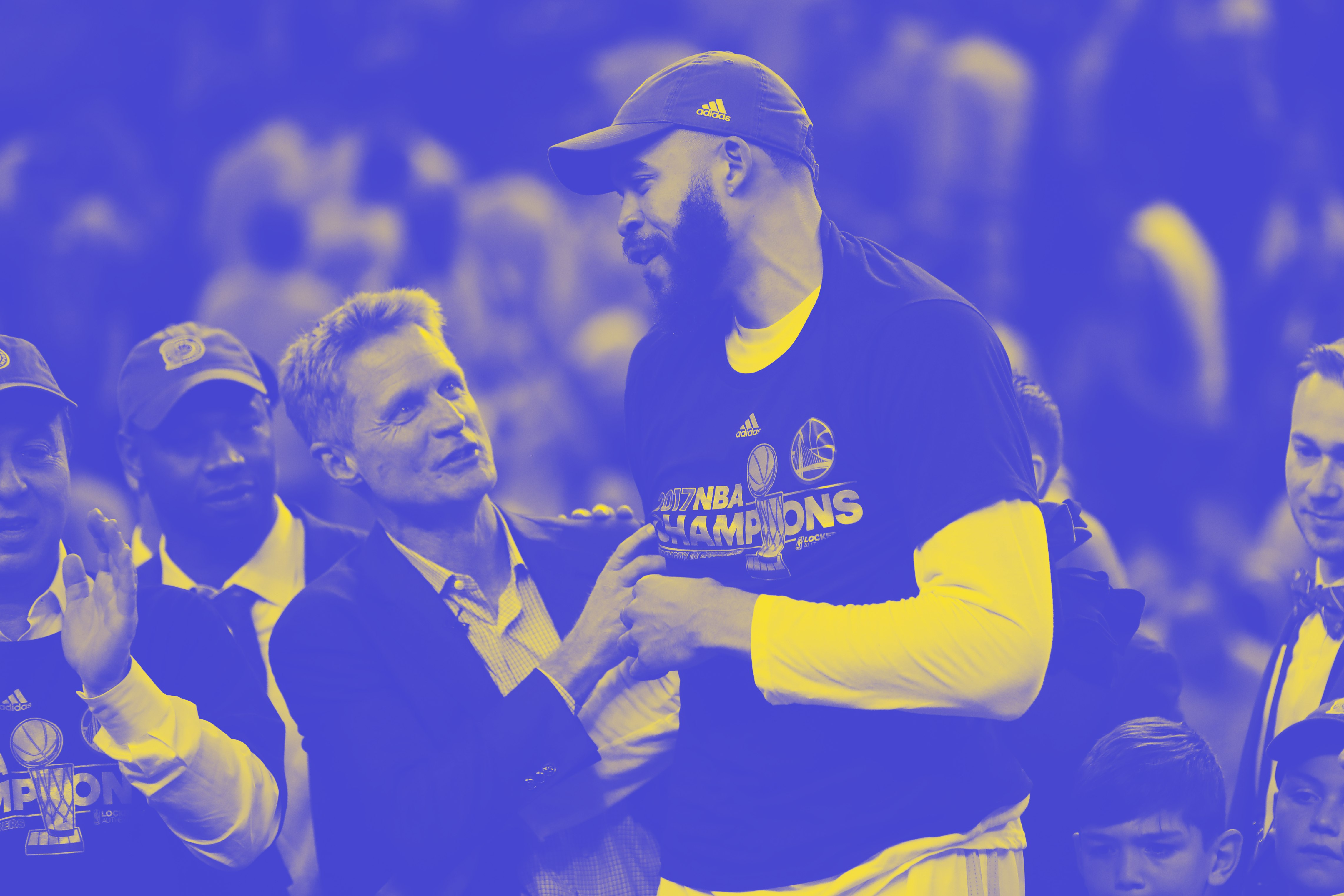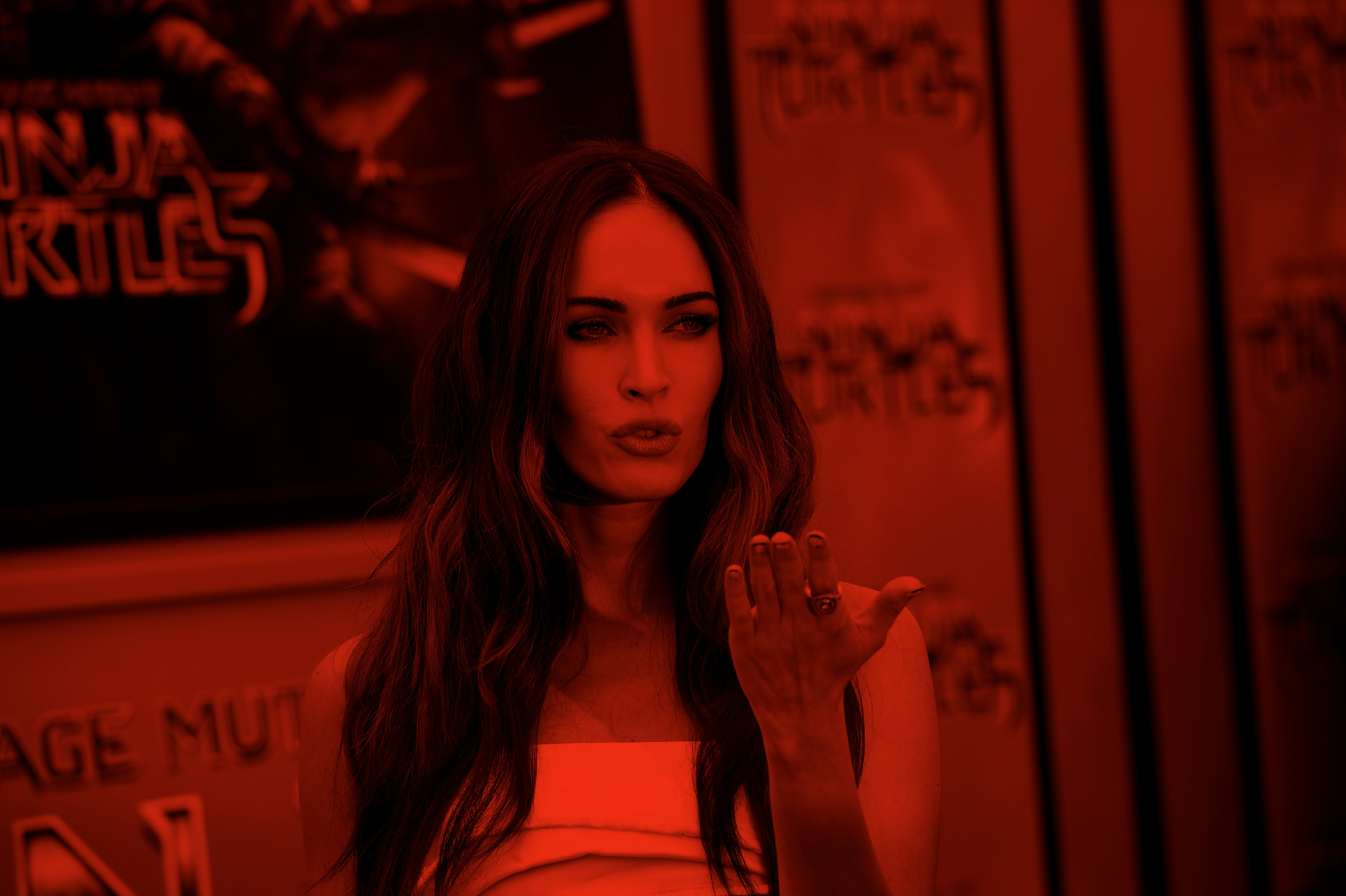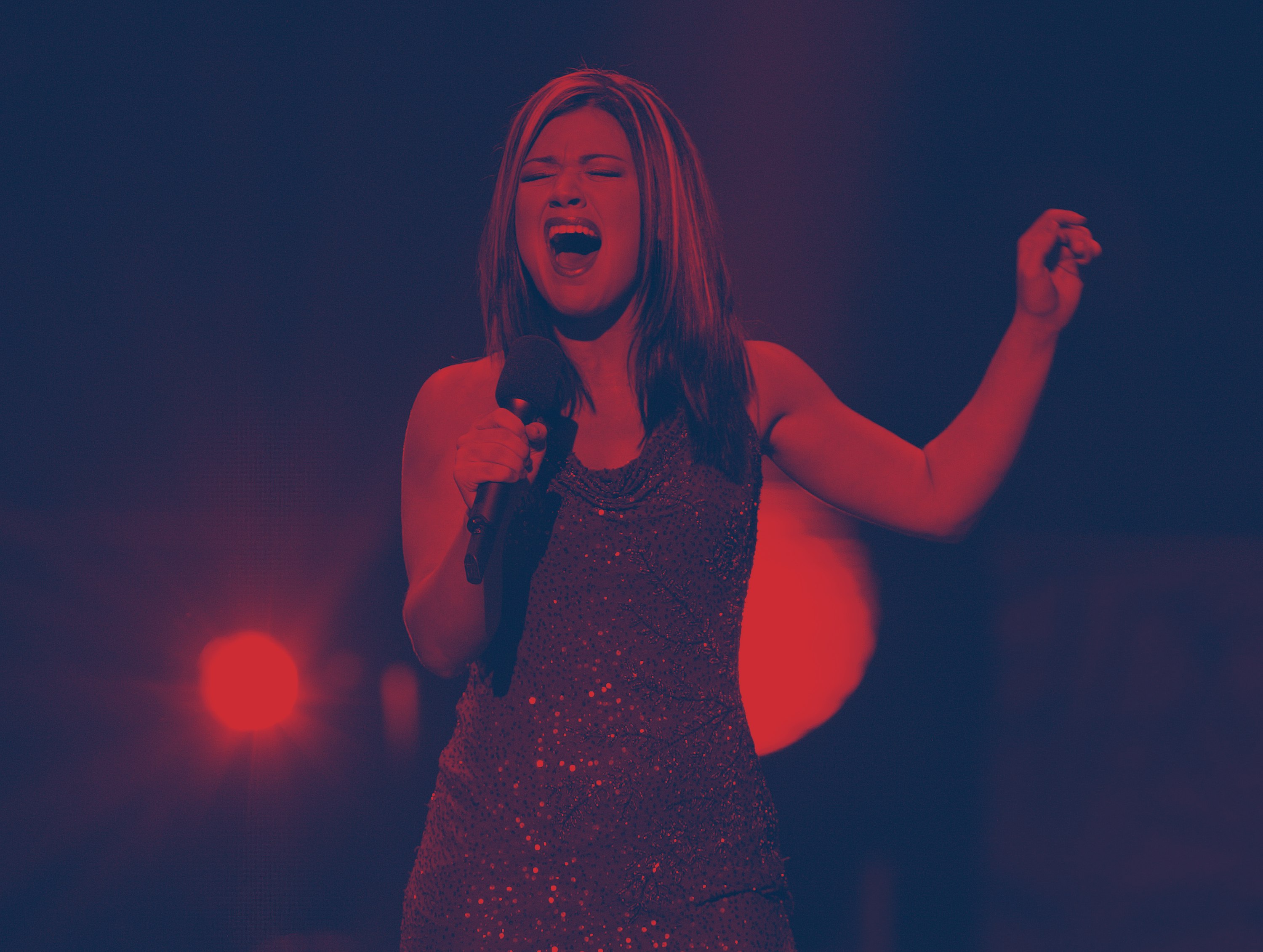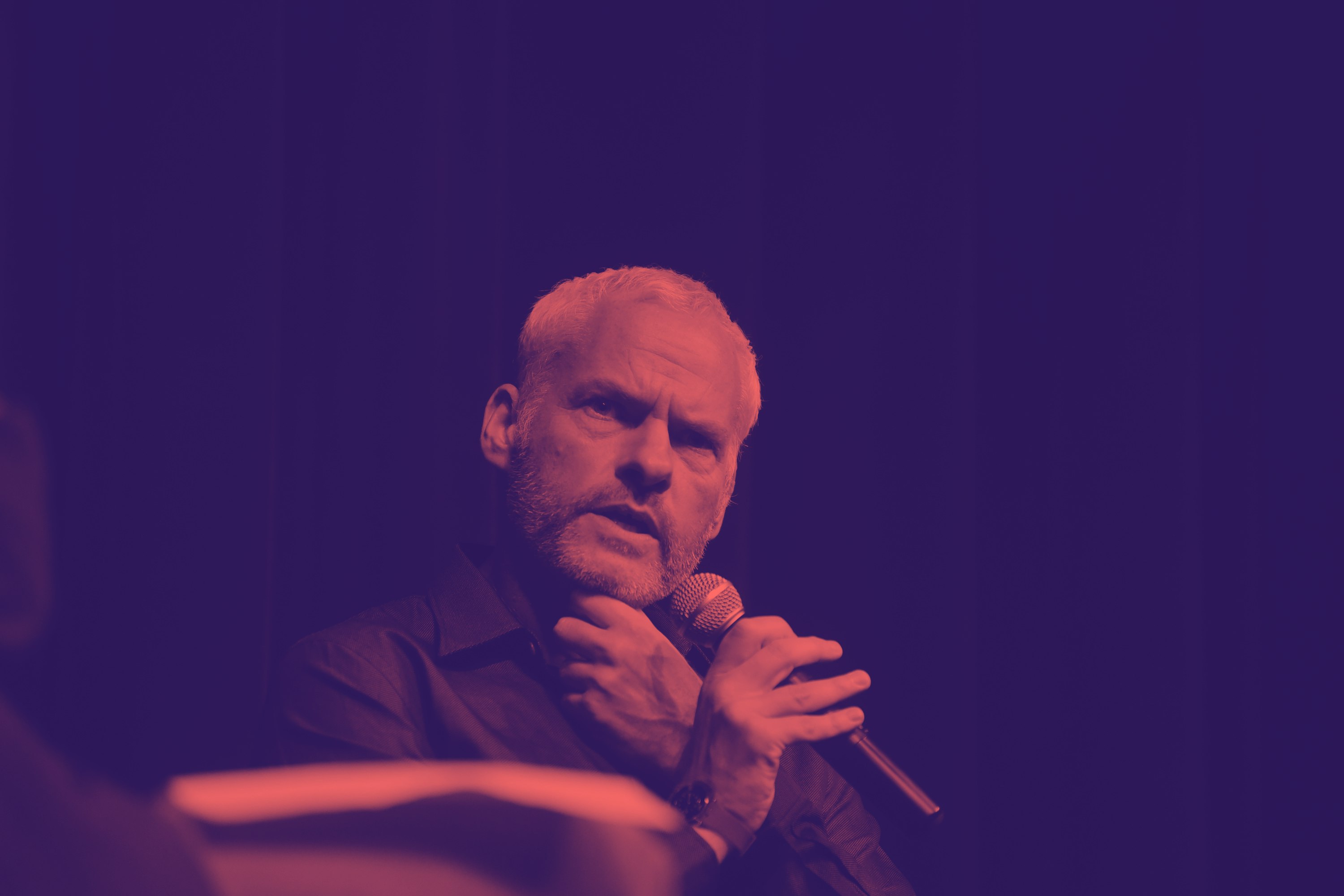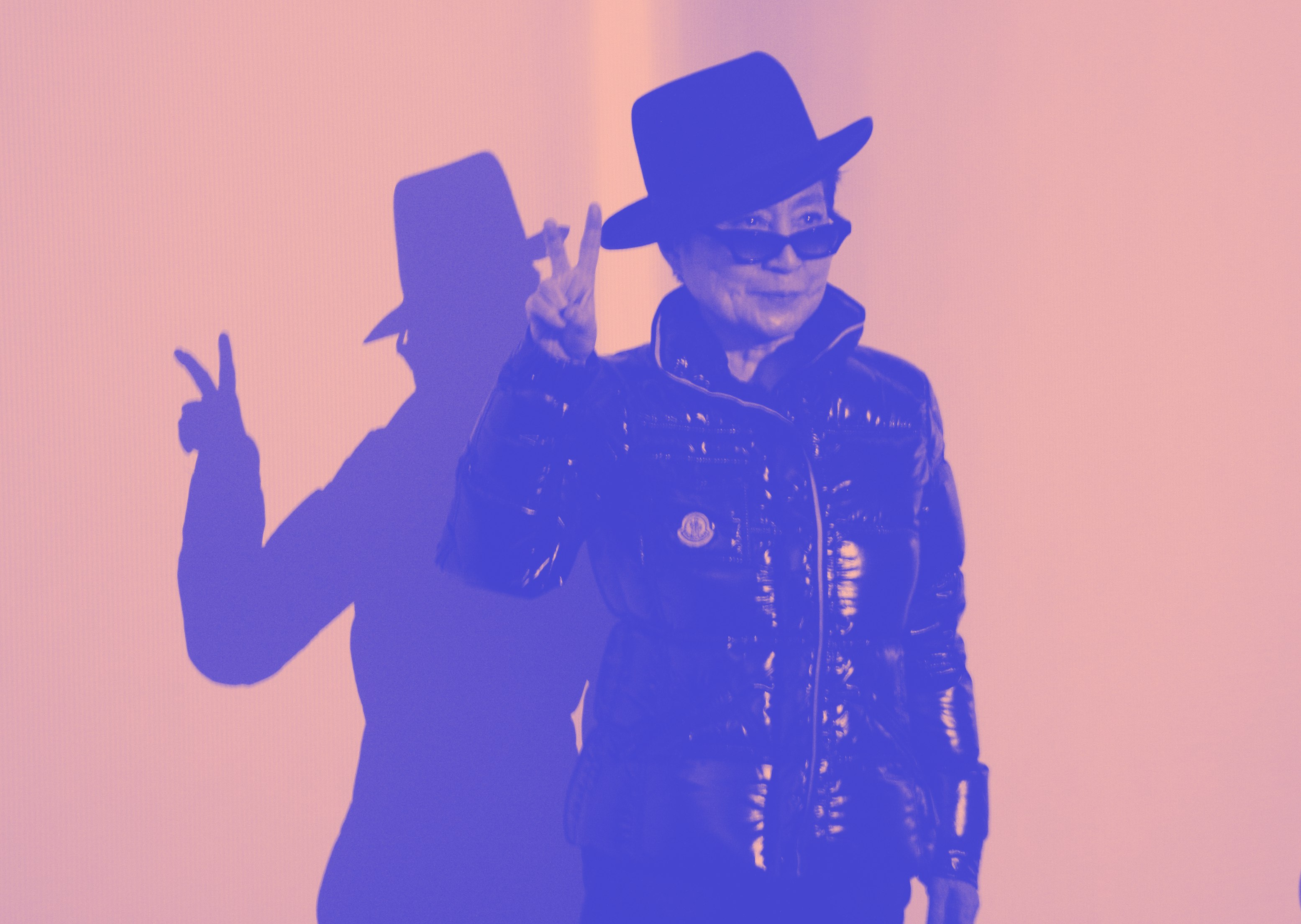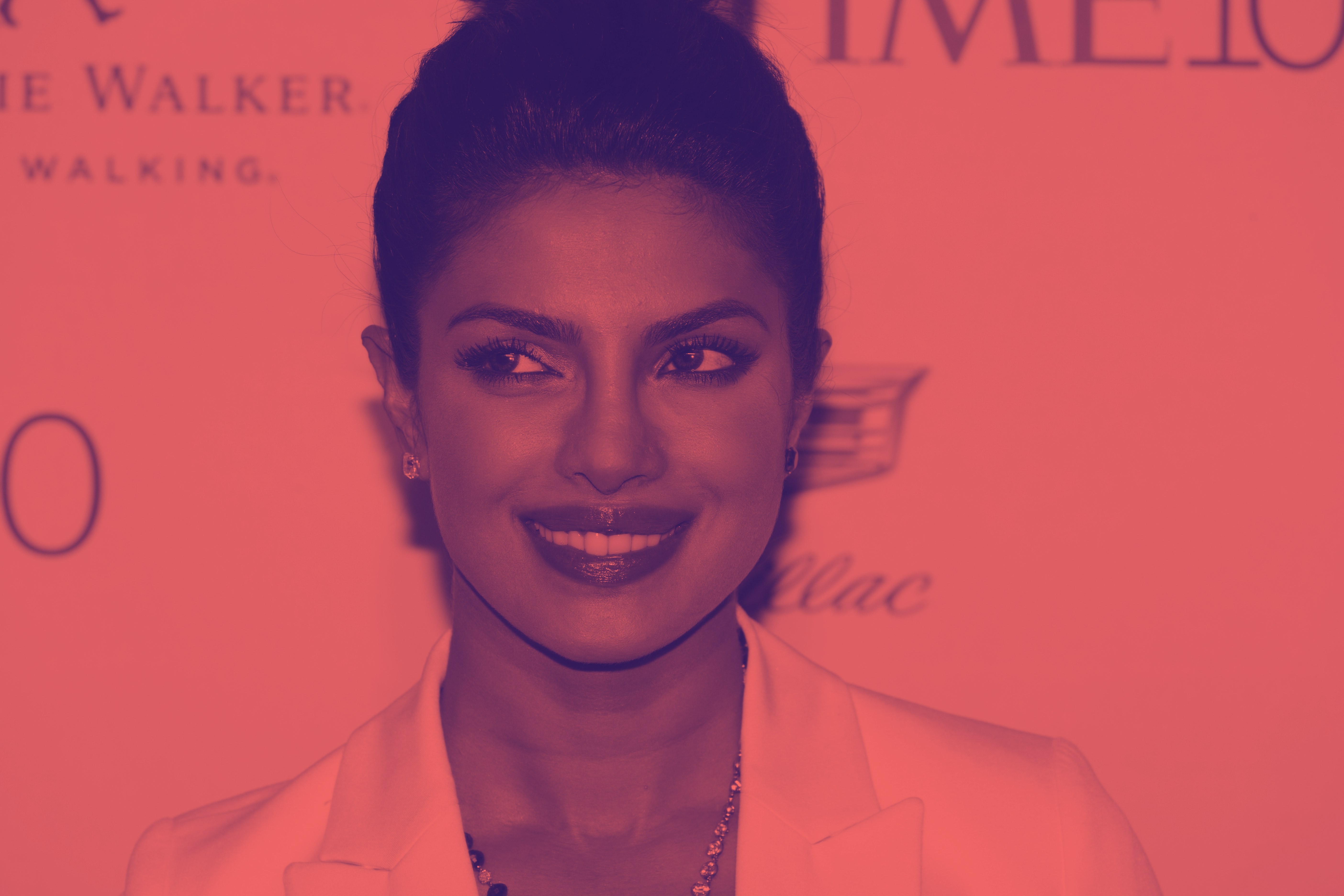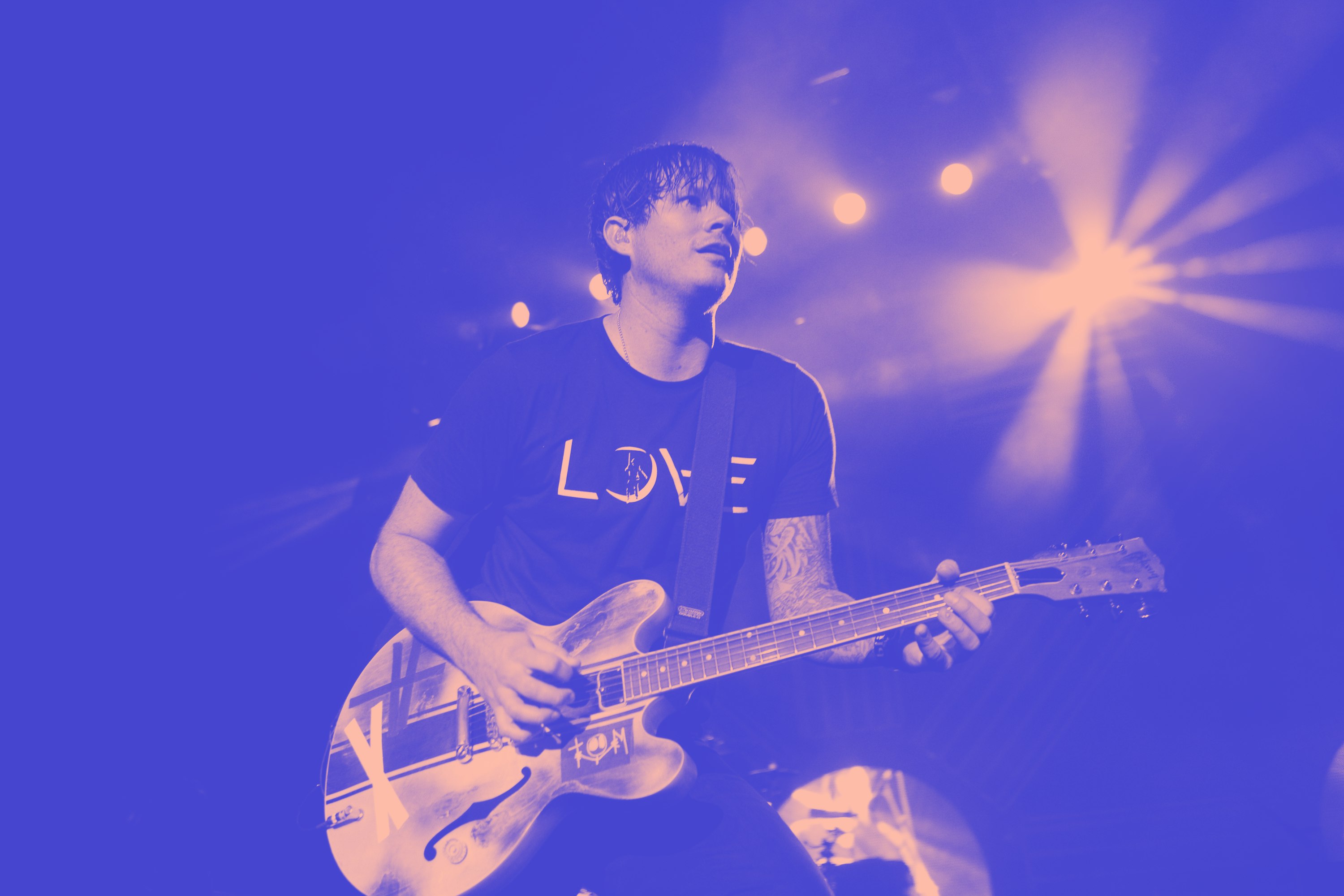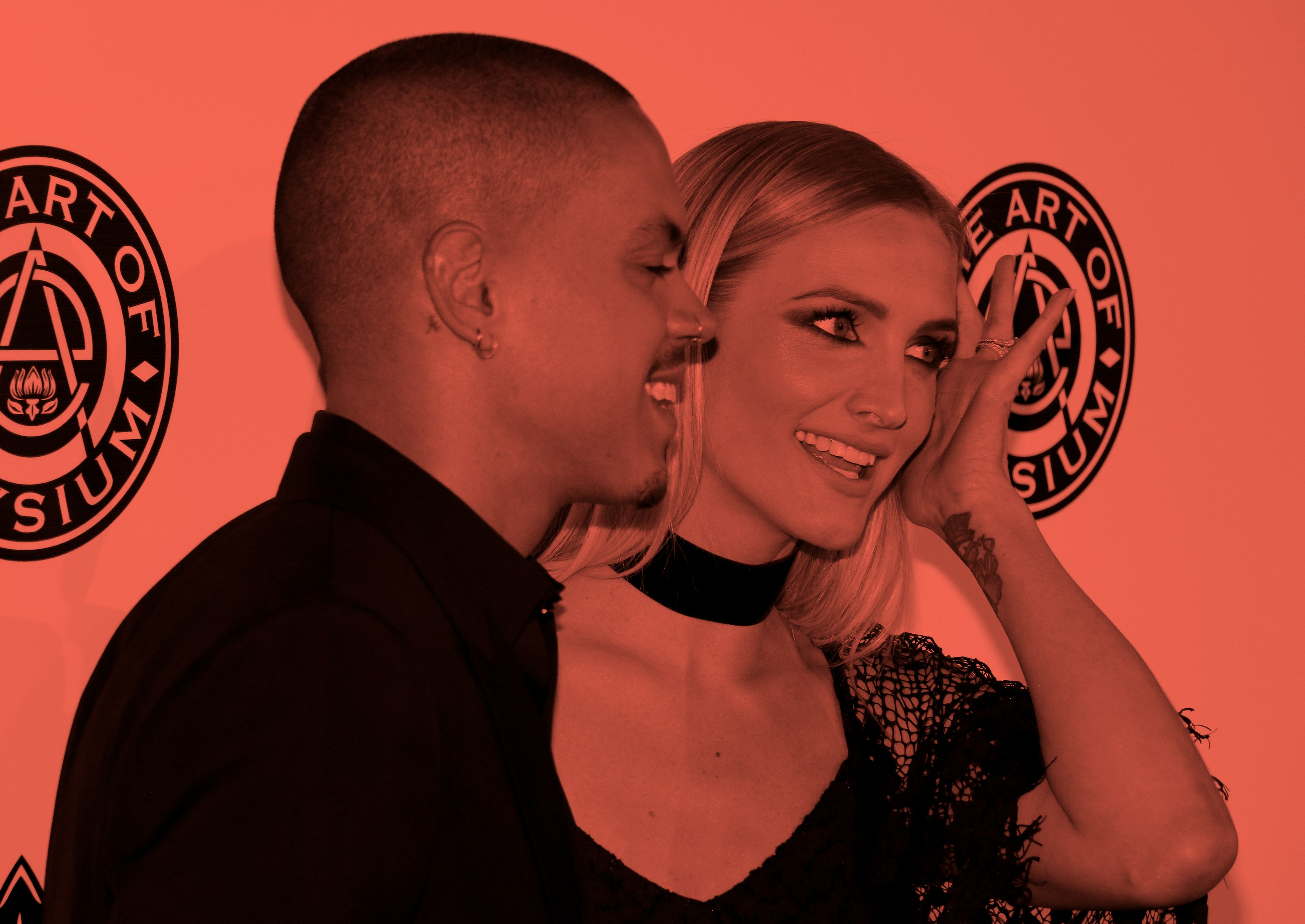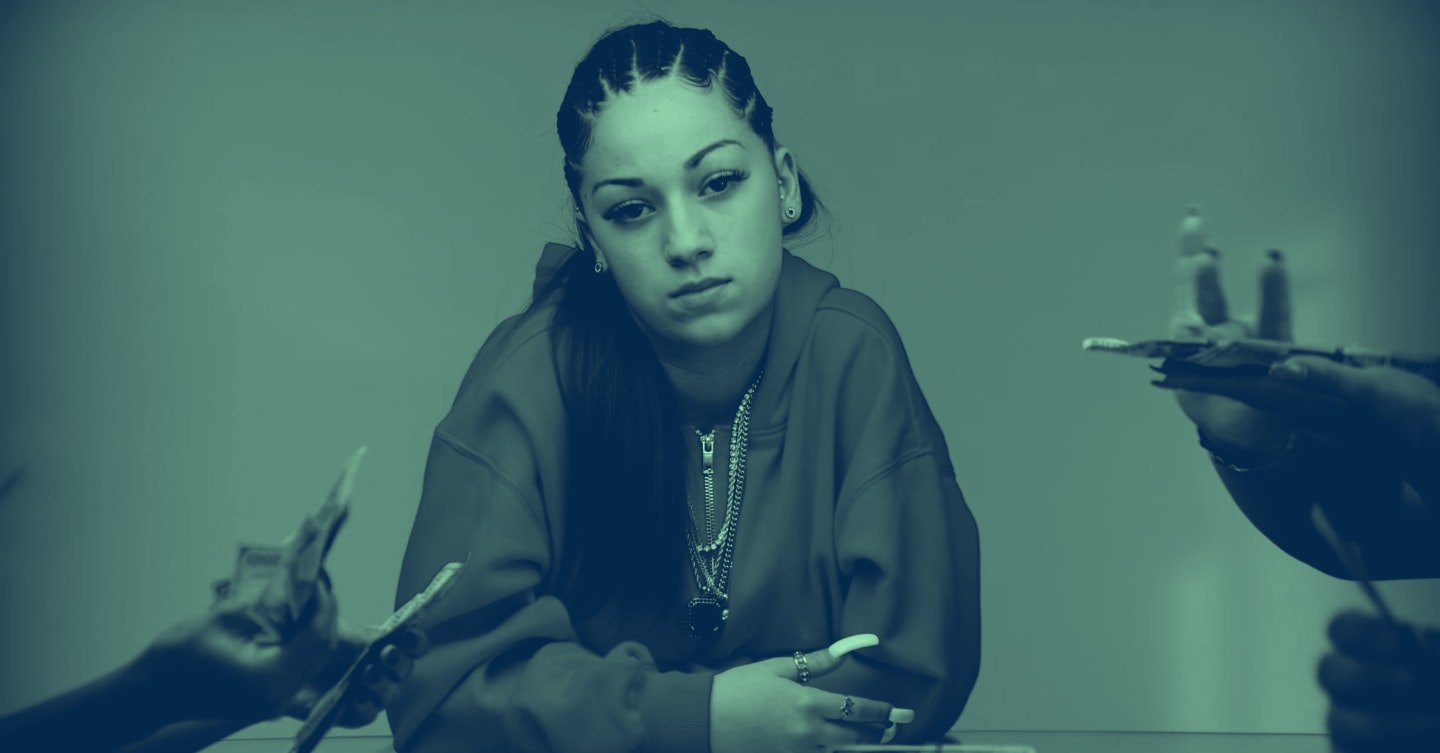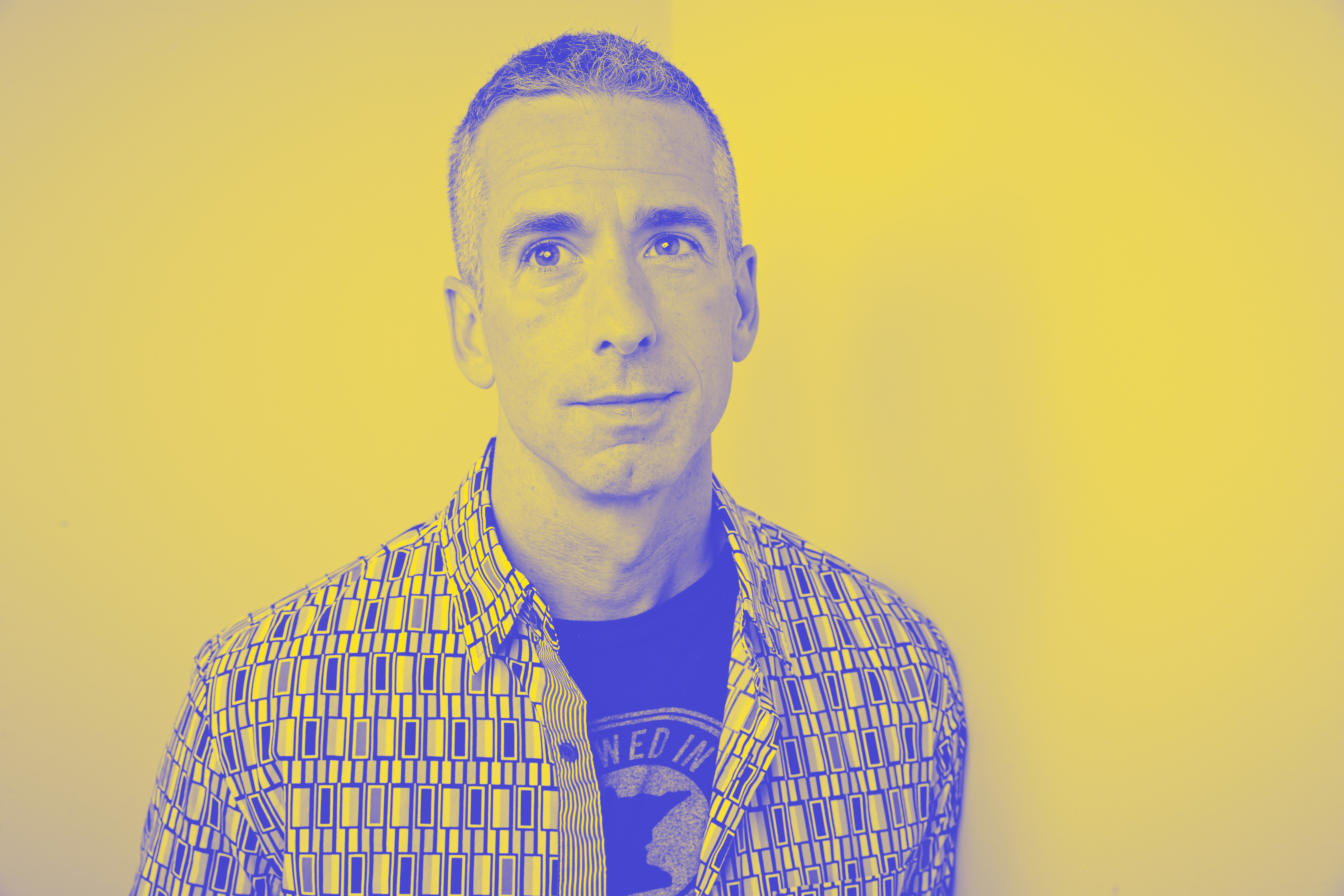Very Intriguing Person
is a series about people who fascinate us, for better or worse.
There’s a tight script to the beginning of the runway portion on an episode of RuPaul’s Drag Race, in which the competing queens show off the looks they developed around a certain theme. A snippet of RuPaul’s song “Cover Girl” plays as the eponymous host walks down the runway, wearing the big hair and gown she’s chosen for the evening. The judges cheer and compliment her, even if her outfit isn’t quite at eleganza-level. “Welcome to the main stage of RuPaul’s Drag Race,” she says, before turning the focus away from herself. The audience wants to see what the competitors brought for the week, but moments like this remind us: At the end of the day, it’s RuPaul’s show.
It’s no stretch to call RuPaul Andre Charles the most iconic drag queen in the world, maybe of all-time. He’s logged 10 seasons hosting his drag competition show, with an 11th to come. That’s not to mention three seasons of the discontinued spinoff RuPaul’s Drag U, along with three seasons and an all-but-confirmed fourth of RuPaul’s Drag Race: All Stars. Add in 100 episodes of his ‘90s variety show, two seasons and counting of his game show Gay For Play, 14 studio albums, dozens of acting roles and two books for an impressive resume, in or out of drag. “I am blessed to know Ru. We all are,” supermodel Naomi Campbell wrote when RuPaul made the TIME 100 in 2017.
RuPaul knows how much he’s accomplished, too, given his beginnings. In the ‘80s, he struggled as a performer in Atlanta before scoring a role in the B-52s’ “Love Shack” music video. After moving to New York City, he achieved success with the 1993 single “Supermodel (You Better Work),” which hit No. 2 on Billboard’s dance club songs chart. He broke into the mainstream in a way that seemed impossible at the time for a drag queen, with supporters ranging from Arsenio Hall to Kurt Cobain. As Ru continued to top the dance charts and signed his contract for The RuPaul Show, he had already cemented his legacy.
Drag Race came over a decade later, in 2009, with the mission of finding “America’s next drag superstar” — queens for RuPaul to pass the torch to. Season after season, queens came and went, to varying degrees of success. After her run, season six winner Bianca Del Rio produced two films, while season seven contestants Trixie Mattel and Katya Zamolodchikova began an acclaimed Viceland series. (Mattel later won the third season of All Stars, campaigning off her success from The Trixie and Katya Show.) Yet 25 years after he entered the mainstream with “Supermodel,” RuPaul remains at the top.
He doesn’t seem ready to leave his place — but as the face of the drag culture he helped built, he doesn’t seem invested in shepherding it toward that ambiguous “future of drag,” either. This March, Ru faced backlash for telling The Guardian he wouldn’t allow a transgender person who had begun physically transitioning to compete on Drag Race. “You can take performance enhancing drugs and still be an athlete, just not in the Olympics,” he later tweeted. RuPaul’s comments weren’t even unexpected, as he’d previously been criticized for his use of trans slurs, along with saying “You’ve got she-mail!” before a video that introduced the week’s challenge to the queens.
The phrase was eventually cut for season seven, though in a 2016 Vulture interview, Ru maintained it wasn’t his choice. “The intention is not to be hateful at all,” he said. “But if you are trigger-happy and you're looking for a reason to reinforce your own victimhood, your own perception of yourself as a victim, you'll look for anything that will reinforce that.” Later, when the reporter asked about the relationship between drag and the transgender community, Ru replied, “I think it’s a boring topic.”
It’s easy to write all this off as RuPaul being from “a different time,” as some fans did. But let’s not forget: Trans women have paved the way in drag since Stonewall activist Marsha P. Johnson, and drag queens are supposed to be at the front of the fights for social change. Sure, RuPaul is entitled to his own opinions — and like Vox wrote after his most recent comments, “RuPaul’s Drag Race is, as the title implies, RuPaul’s show to do with as he sees fit.” But regardless of how openly he acknowledges that these are his personal views, it’s imperative for such a leader to be progressive and accepting, especially as he remains the face of drag culture.
There’s no denying Ru’s hustle is impressive. At the same time, high-profile opportunities are conspicuously absent for the queens he’s developed.
Going into season 10, which wrapped up last month, his stubborn views became more difficult to stomach. I wanted to support drag queens in the national media — including Monique Heart, the first-ever Drag Race queen from my hometown of Kansas City — and to bond with my fellow queers through some overtly gay television. But there’s a whole lot of RuPaul on RuPaul’s Drag Race, making it hard to just “watch for the queens.” The werk room, where the queens prepare for their challenges, is covered with glamor shots of Ru, instead of winners of past seasons. Ru picks the challenges, which is how we got a Cher-themed Rusical that many of the queens bombed. (Yes, she’s an icon, but only Chad Michaels can do her justice.)
The show’s runway music and soundtrack largely consists of RuPaul songs — and, as Jake Pitre noted in a Pitchfork essay, the lip-sync-for-your-life songs skew toward Ru’s preferences like Meghan Trainor rather than iconic queer music. The final challenge has become what amounts to RuPaul’s PR tour: guest on the What’s the Tea? podcast with Ru and right-hand woman Michelle Visage, record and perform a verse to Ru’s newest single, and lip sync for your life to another Ru song. Every time Ru walks into the werkroom, the queens seem gagged as ever. Is he truly that exciting, or are they just acting out their roles?
Many of the queens understandably claim RuPaul has changed their lives. Last month, season five winner Jinkx Monsoon wrote an essay for The Stranger’s annual Queer Issue about Ru’s presence in their life, in and out of drag. Jinkx, who identifies as nonbinary, tackled Ru’s perceived anti-trans history, maintaining that drag isn’t only for gay men, but “Ru sometimes forgets that his audience doesn't have the same history as him.” They predicted that there will be more trans queens on Drag Race in time, but also argued that trans people should create other avenues of representation.
That’s all fair and valid, but what about Ru? “He truly inspires pride within me because of his punk-rock drag-queen mentality, and the way he's taught me to not give shits about what people think,” Jinkx wrote. But that mindset easily gives way to the more damaging “not giving shits about how other people feel,” as it appears to people who don’t have the benefit of knowing RuPaul personally.
Ru himself doesn’t treat all the queens with such sensitivity. To close out season 10, he made a mess of the reunion. Throughout the season, The Vixen, one of a record five black competitors on the season (of 14 total), clashed repeatedly with finalist Eureka, a white competitor. The Vixen maintained that she was perceived as the easily provoked antagonist during their arguments because she is black, given modern drag’s problem with anti-blackness. Ru re-opened this conflict on the reunion episode, only to tell The Vixen she has a choice of how to react when she’s provoked. The Vixen justly replied that no one ever tells Eureka how to act in the first place. But Ru, insistent on having the final word, escalated the argument until The Vixen felt like she could only react in one way — by removing herself from the conflict. After she made up her mind and unwaveringly walked out, her empty chair remained uncomfortably present for the rest of the episode.
In the meantime, RuPaul’s empire only grows. He recently signed on to star in a Netflix comedy, approved a Hulu series based on his life, and announced a new daytime talk show. This past season of Drag Race garnered a record 12 Emmy nominations. There’s no denying Ru’s hustle is impressive. At the same time, high-profile opportunities like these are conspicuously absent for the queens he’s developed.
While they’re working to build careers, Ru works to keep his. For years, he’s found a way to make sure he stays relevant, and as Drag Race enters its second decade, he has made himself synonymous with drag culture. Most queer men seem fine flocking to Mama Ru regardless of what he says or does, while others of us are forced to reconcile his behaviors to support part of a culture those before us — along with RuPaul — built.
Through everything, his brand remains the appeal. A few weeks ago, while talking to my boyfriend about my issues with RuPaul, he asked: “But who else could host Drag Race?” (I personally want a run of Trixie and Katya’s Drag Race.) RuPaul has made himself indispensable in the drag world, queer world and world at large. He has not, however, allowed us to meet America’s Next Drag Superstar.


